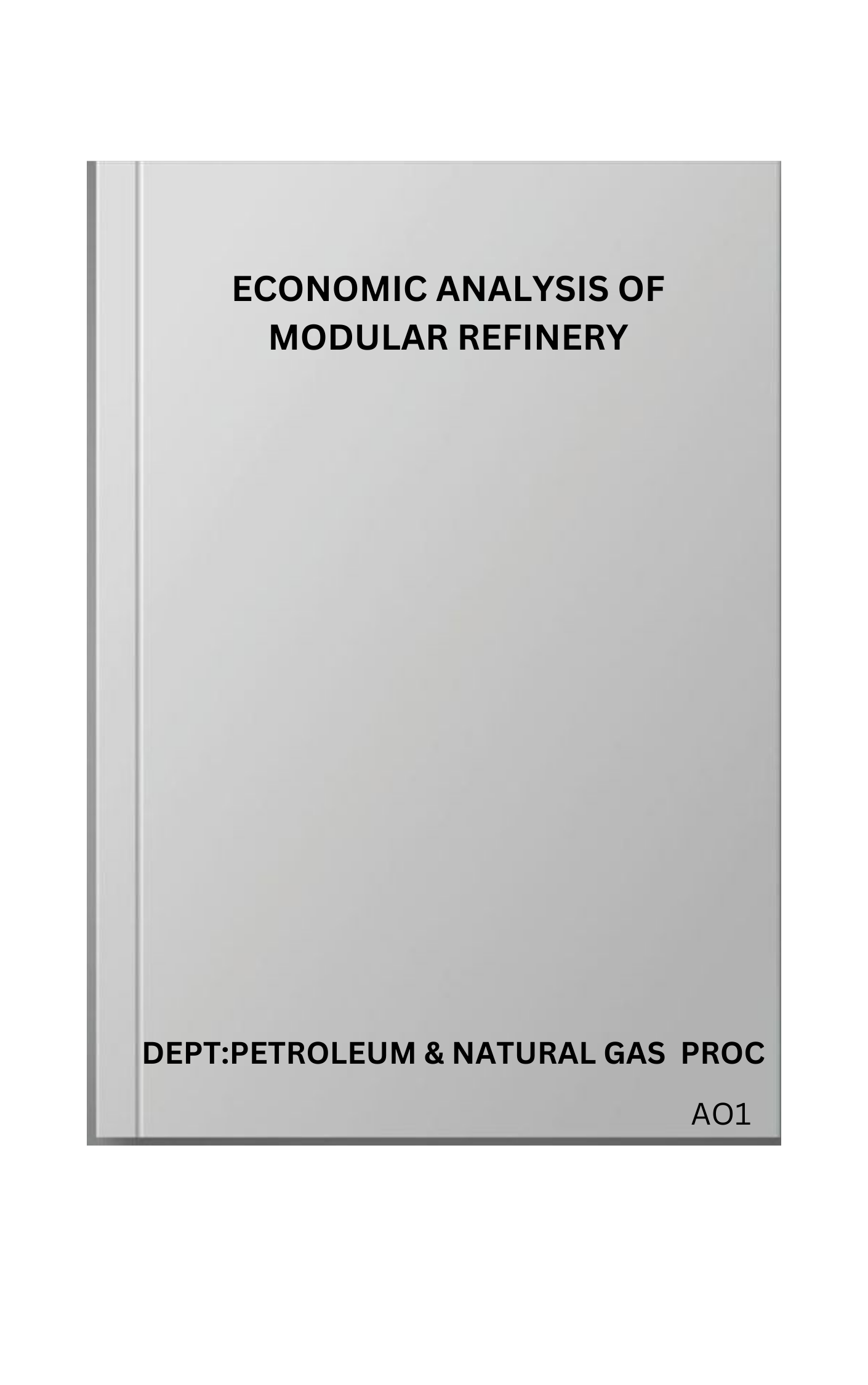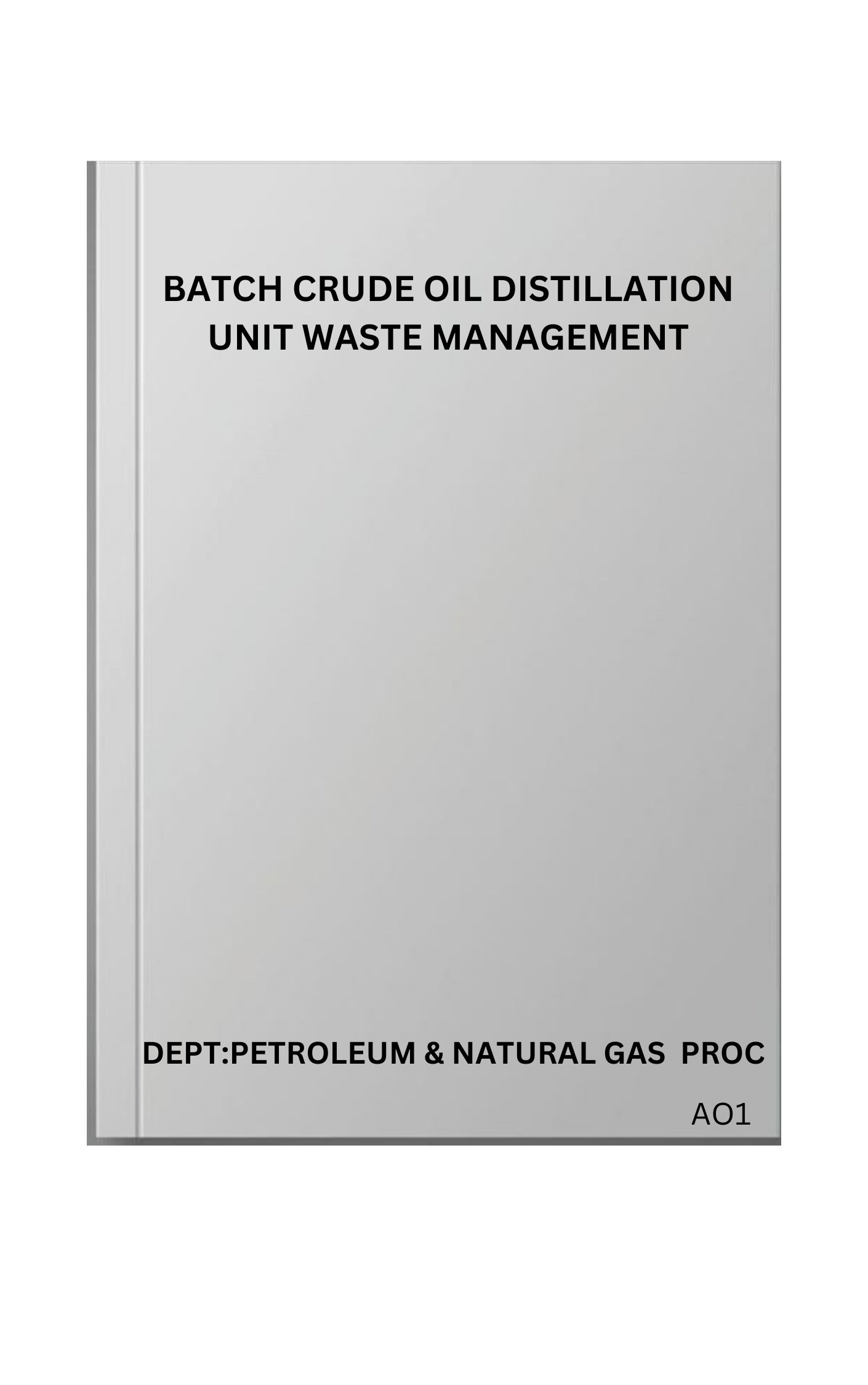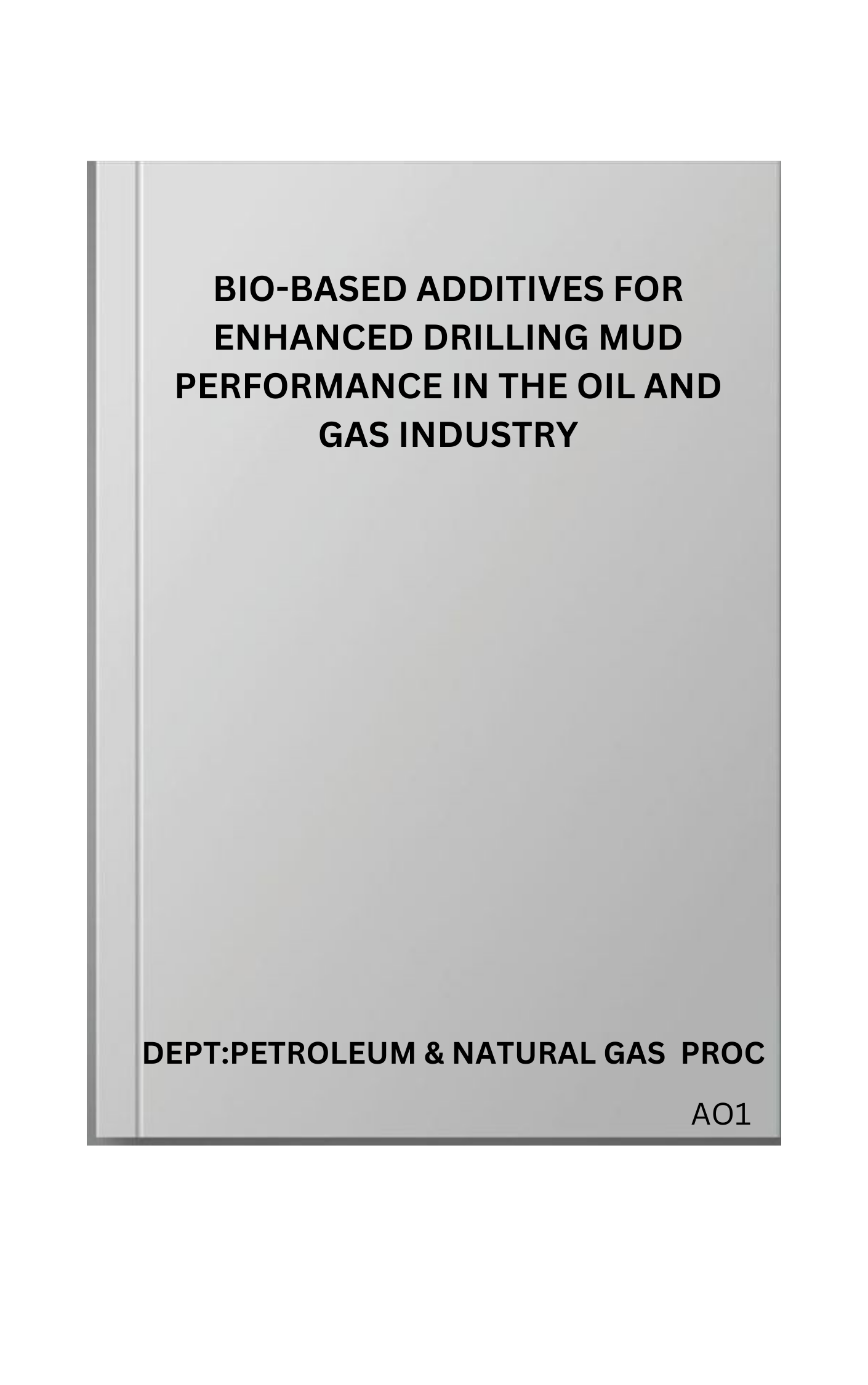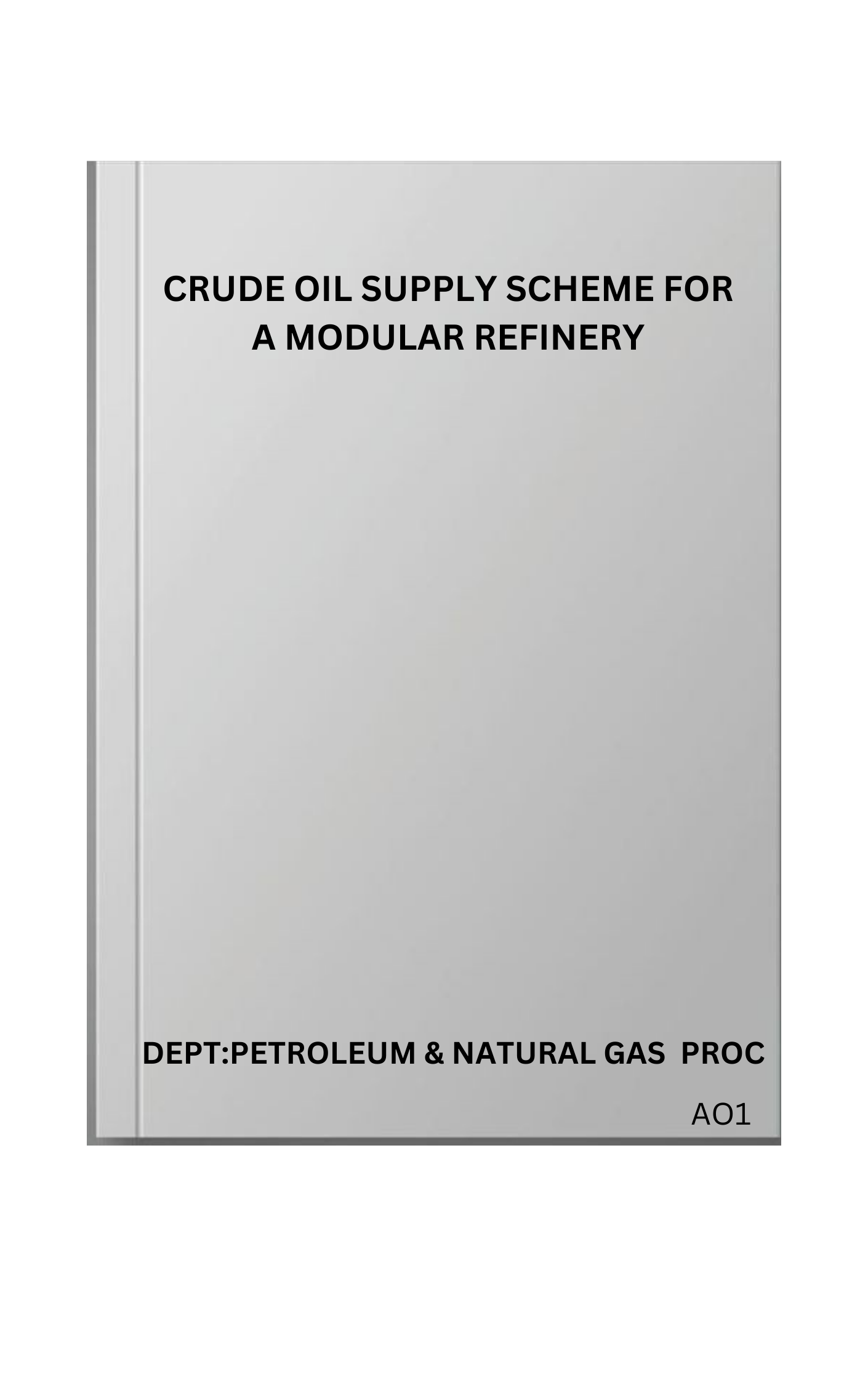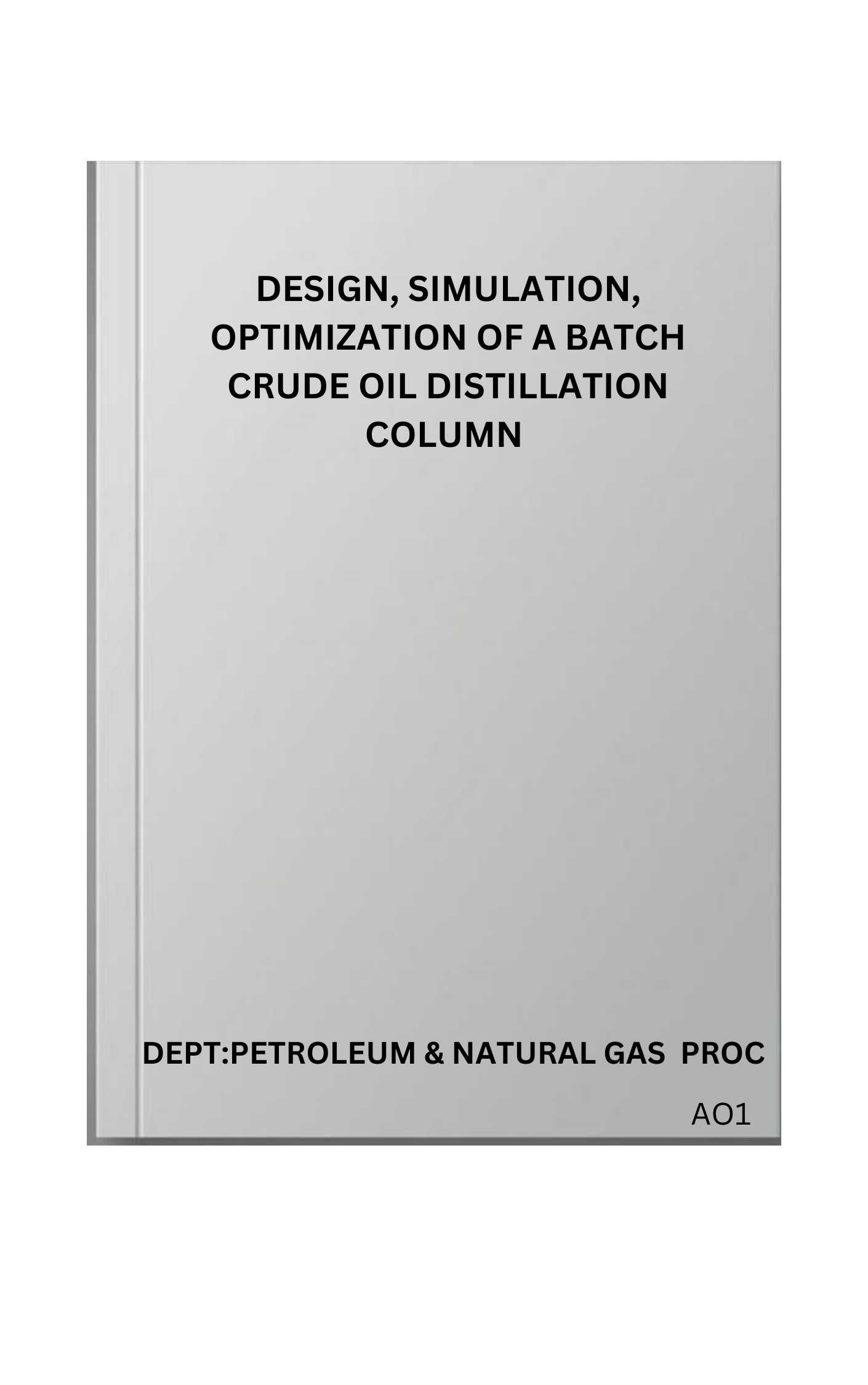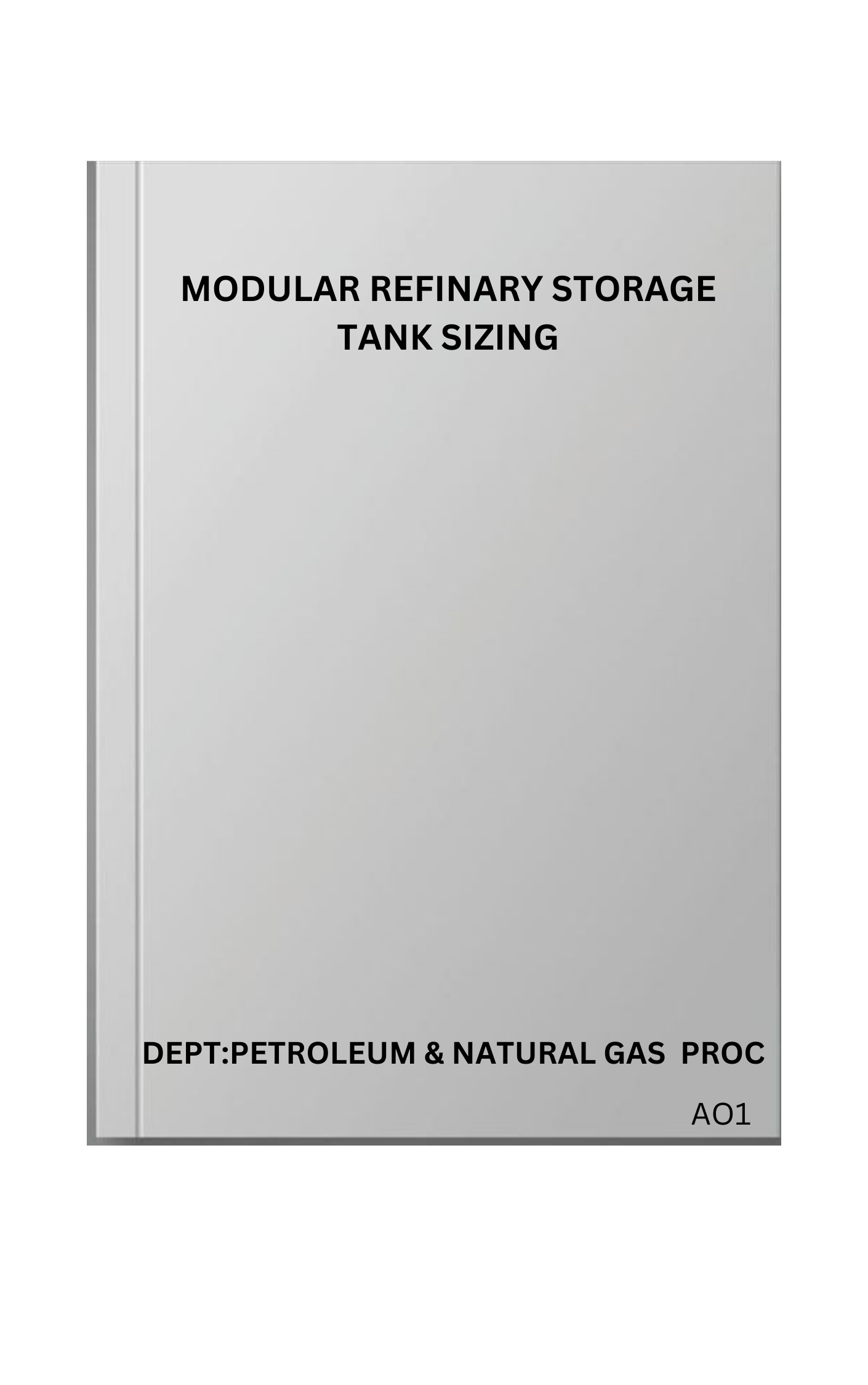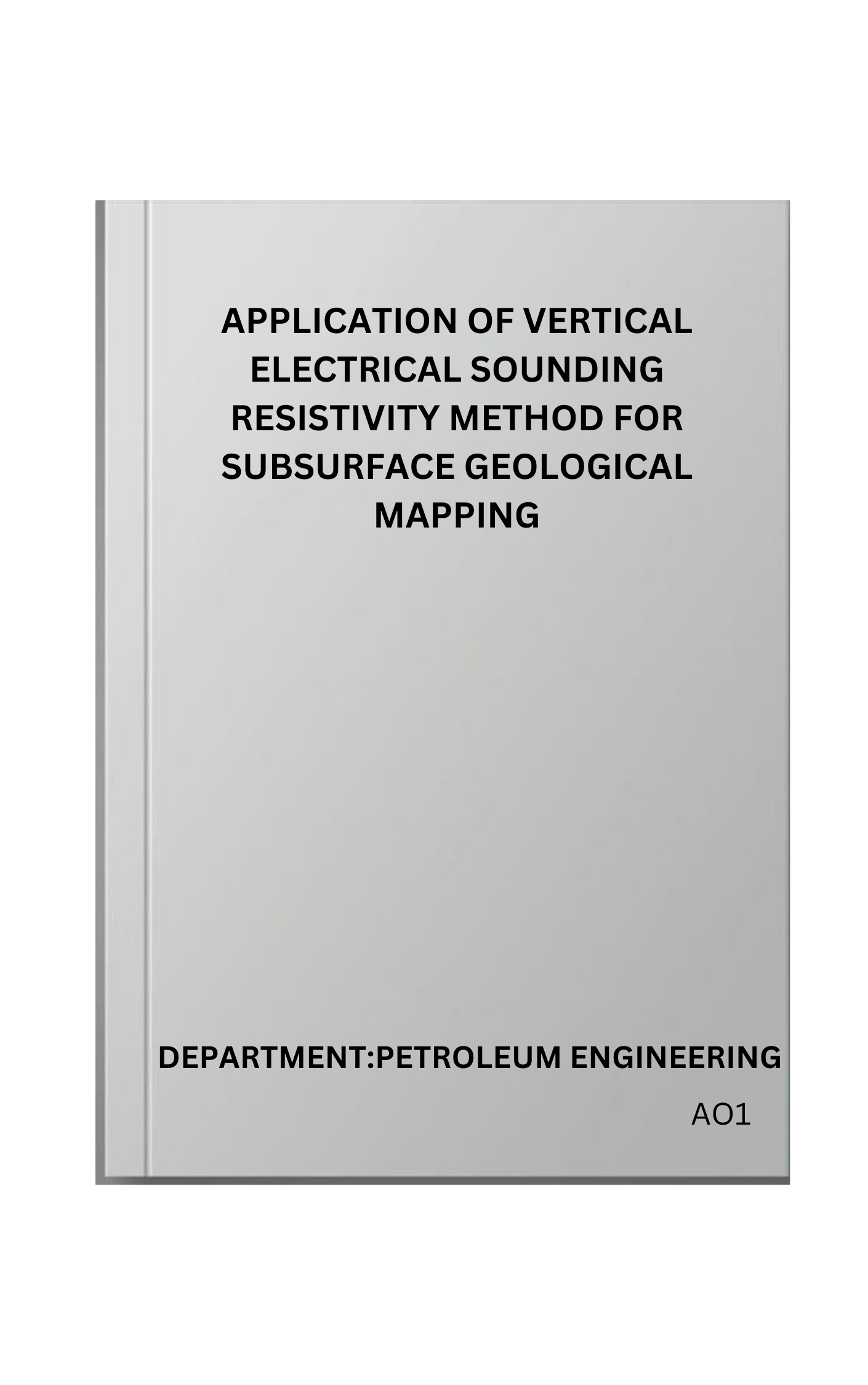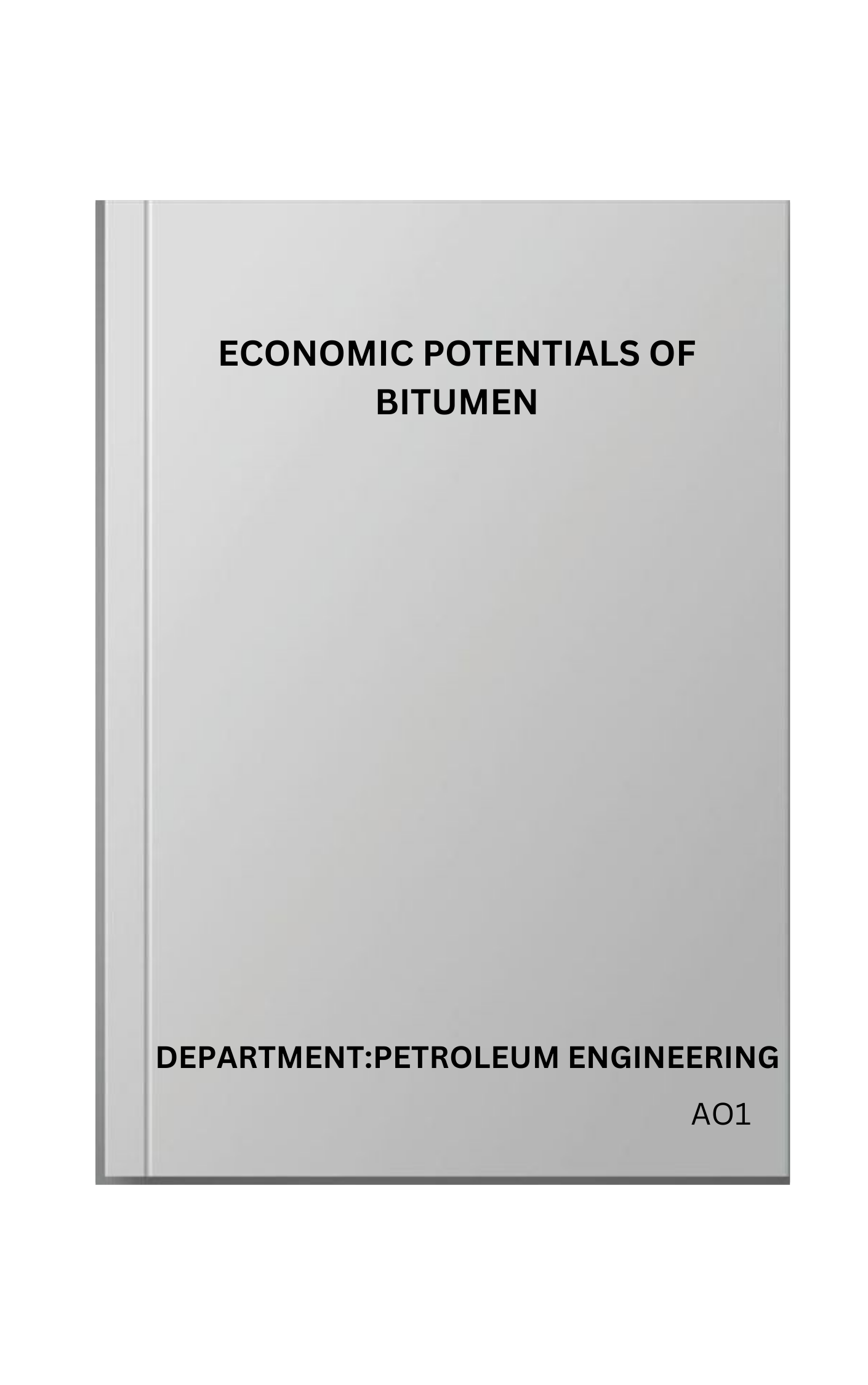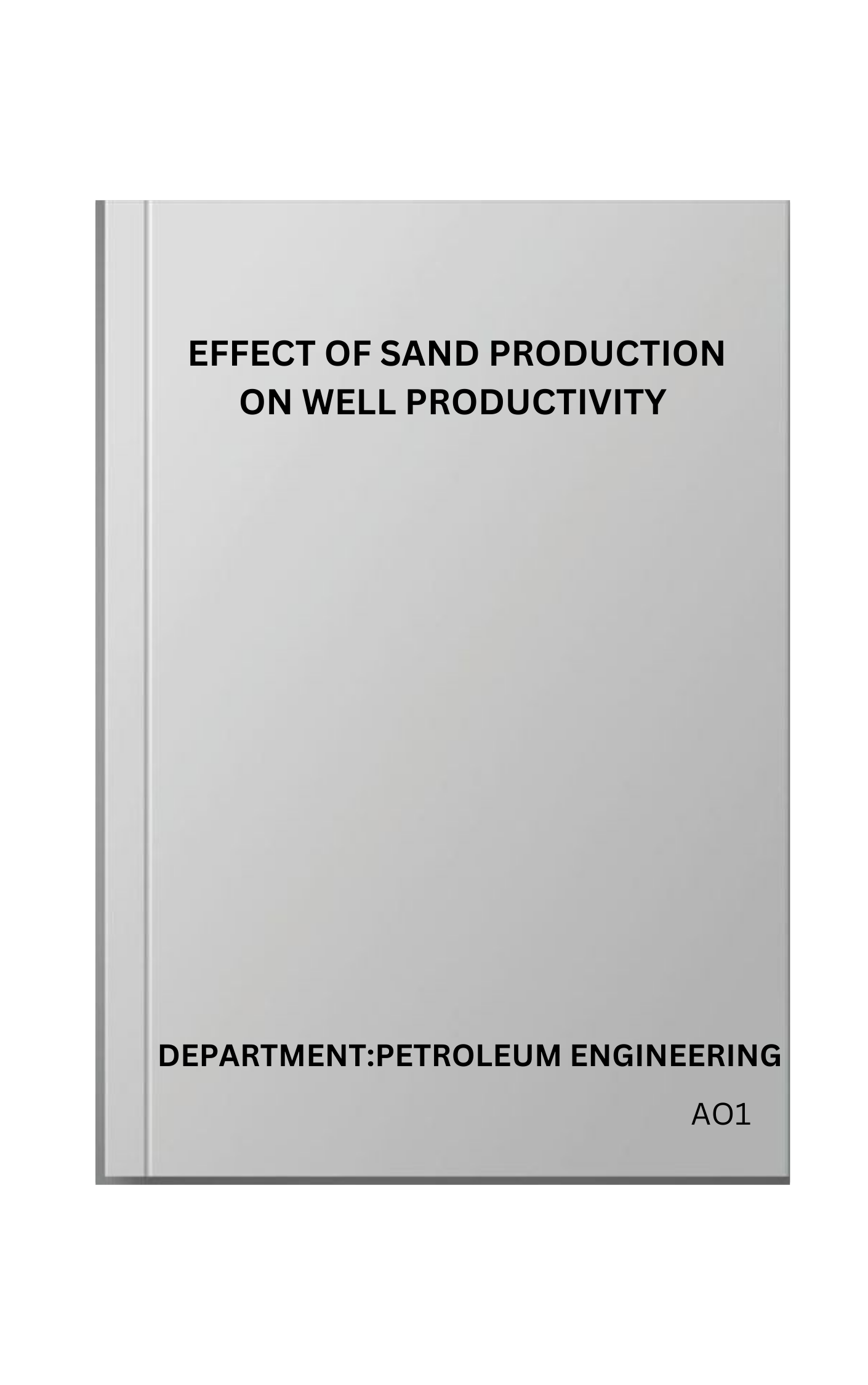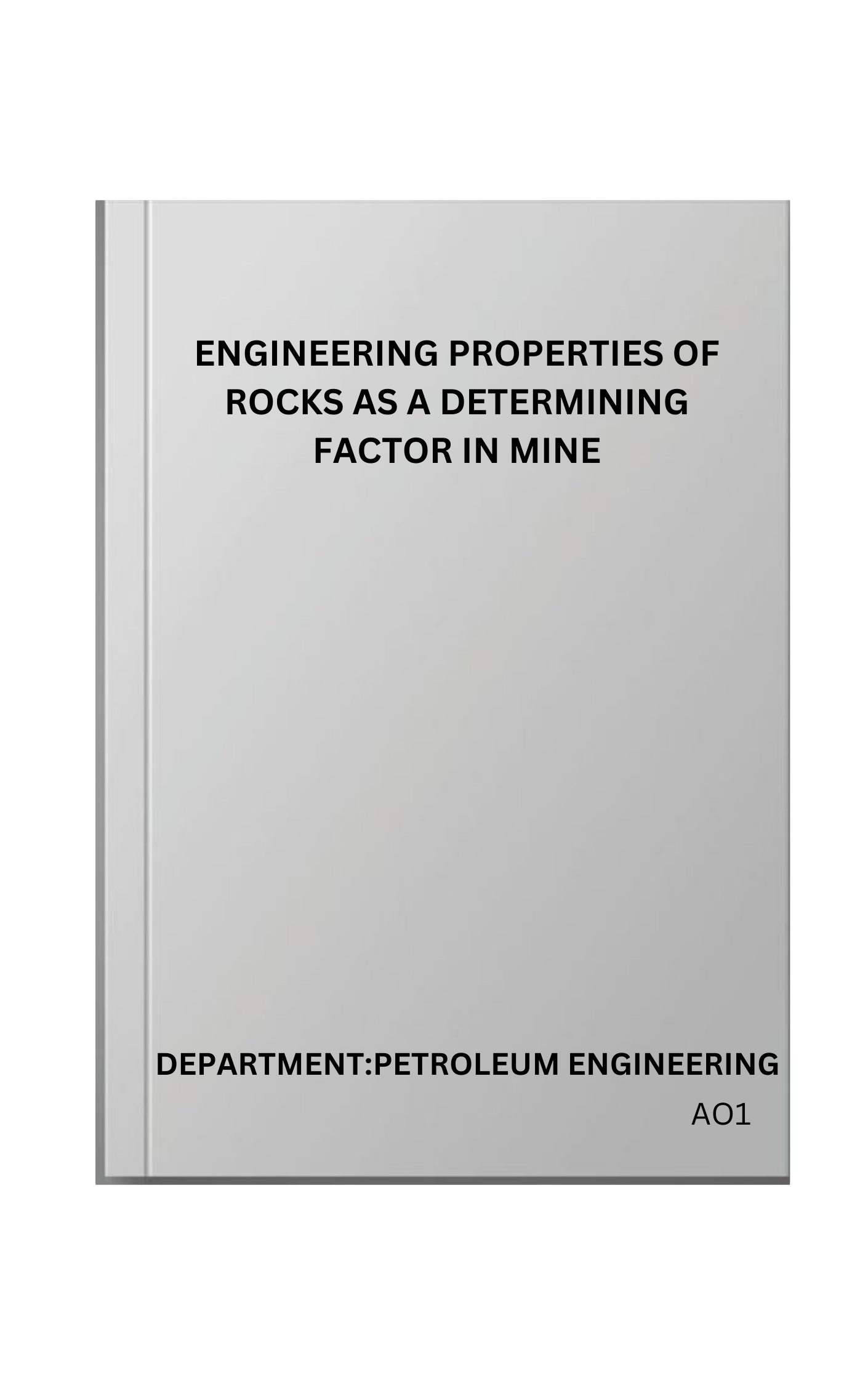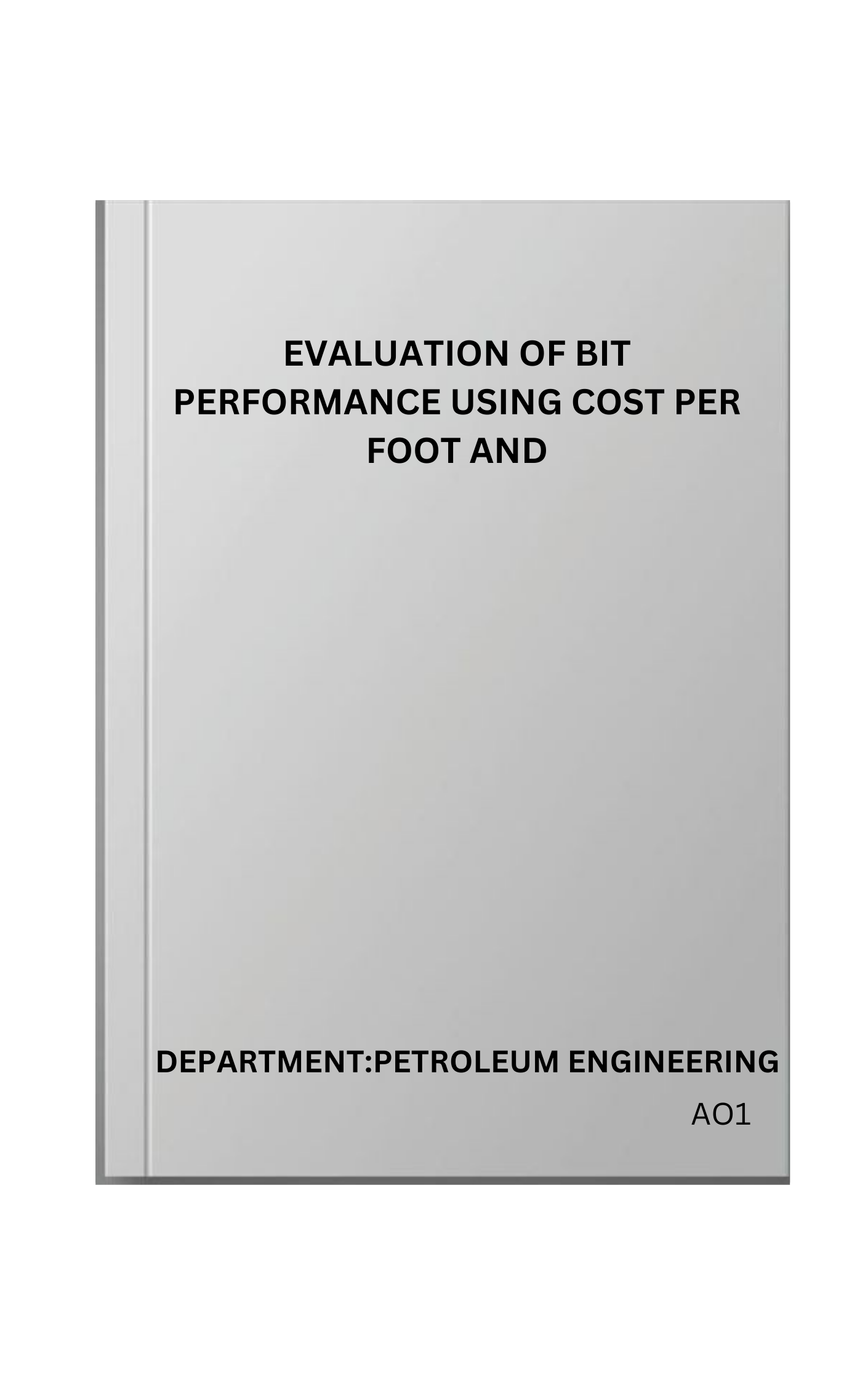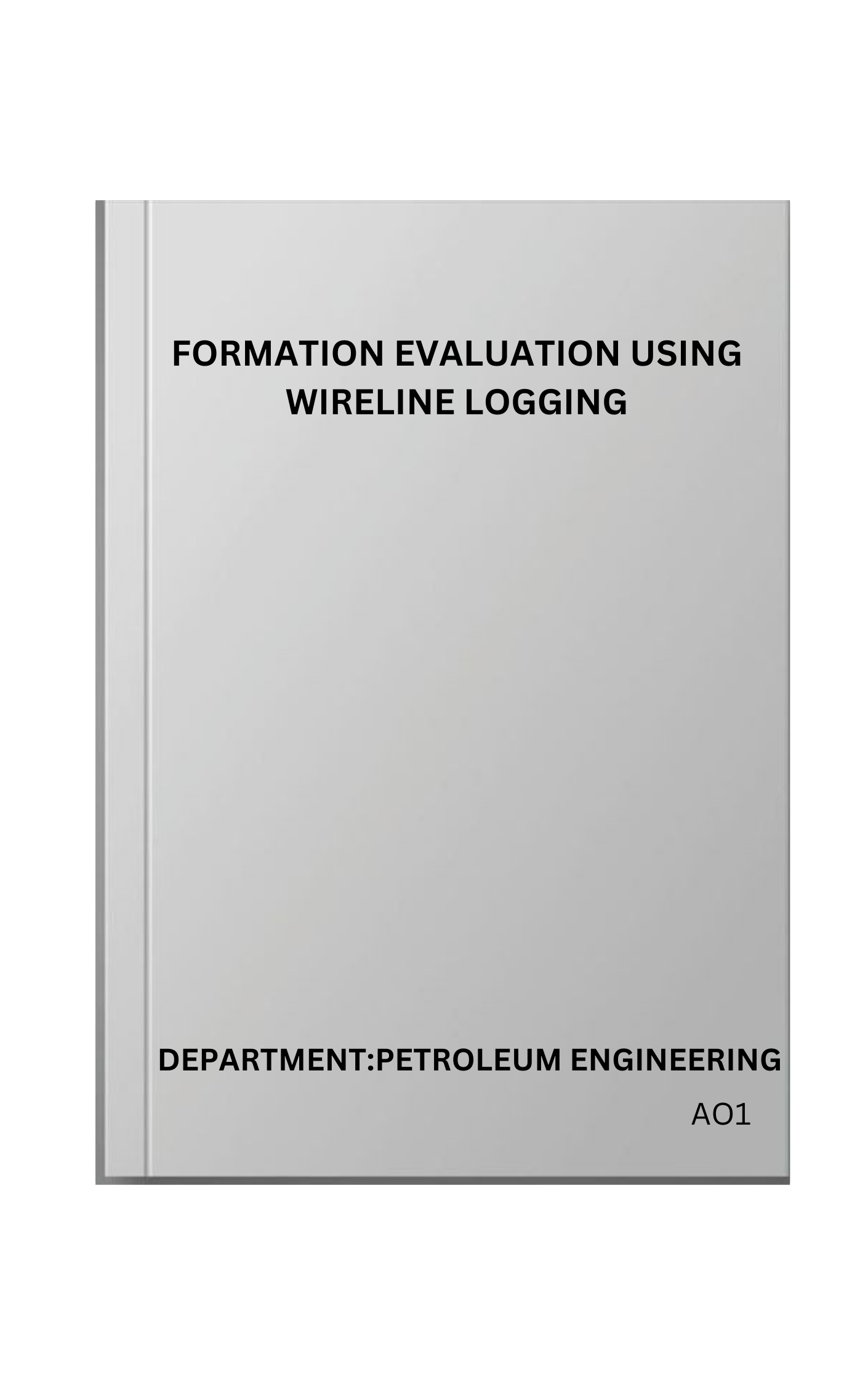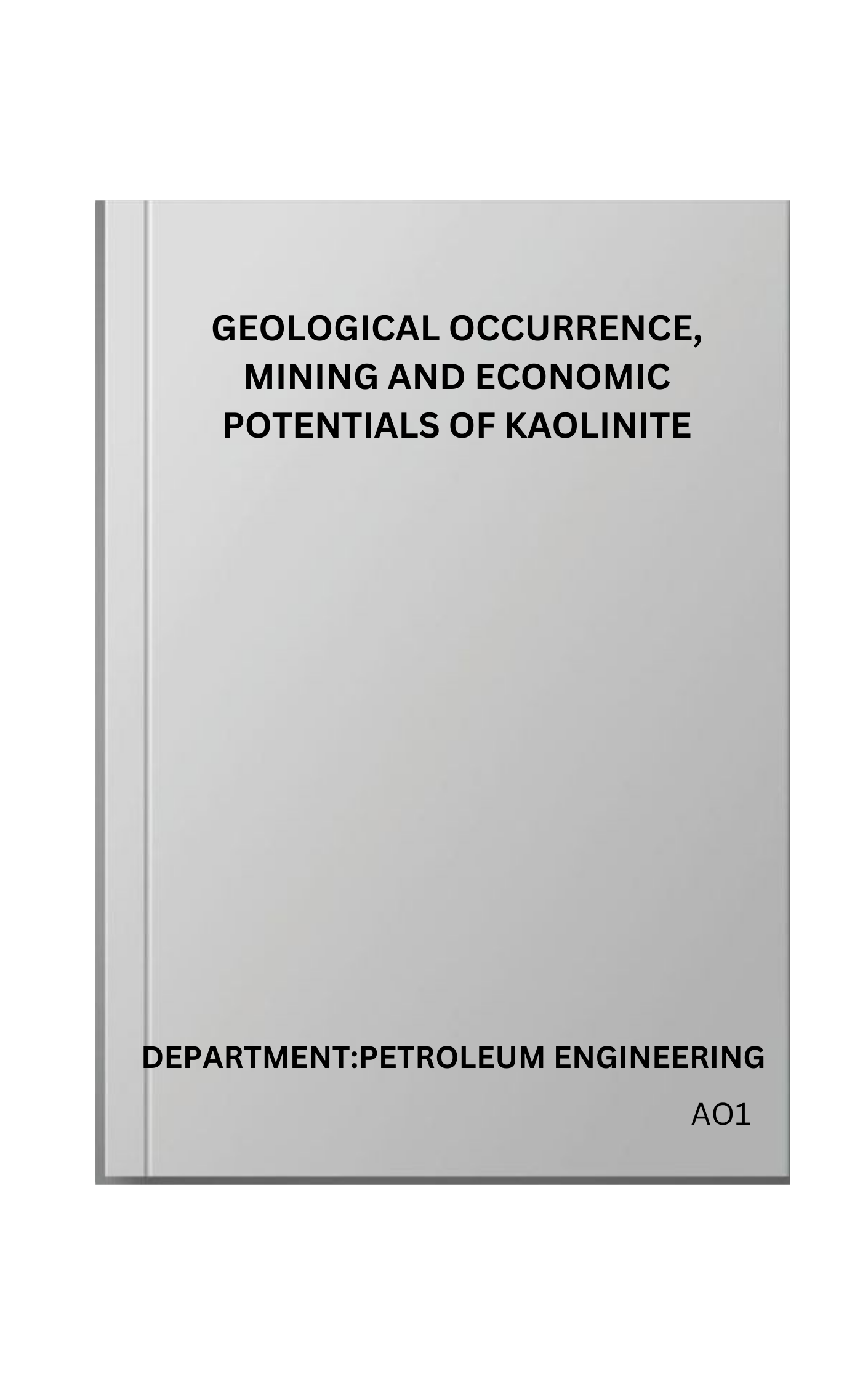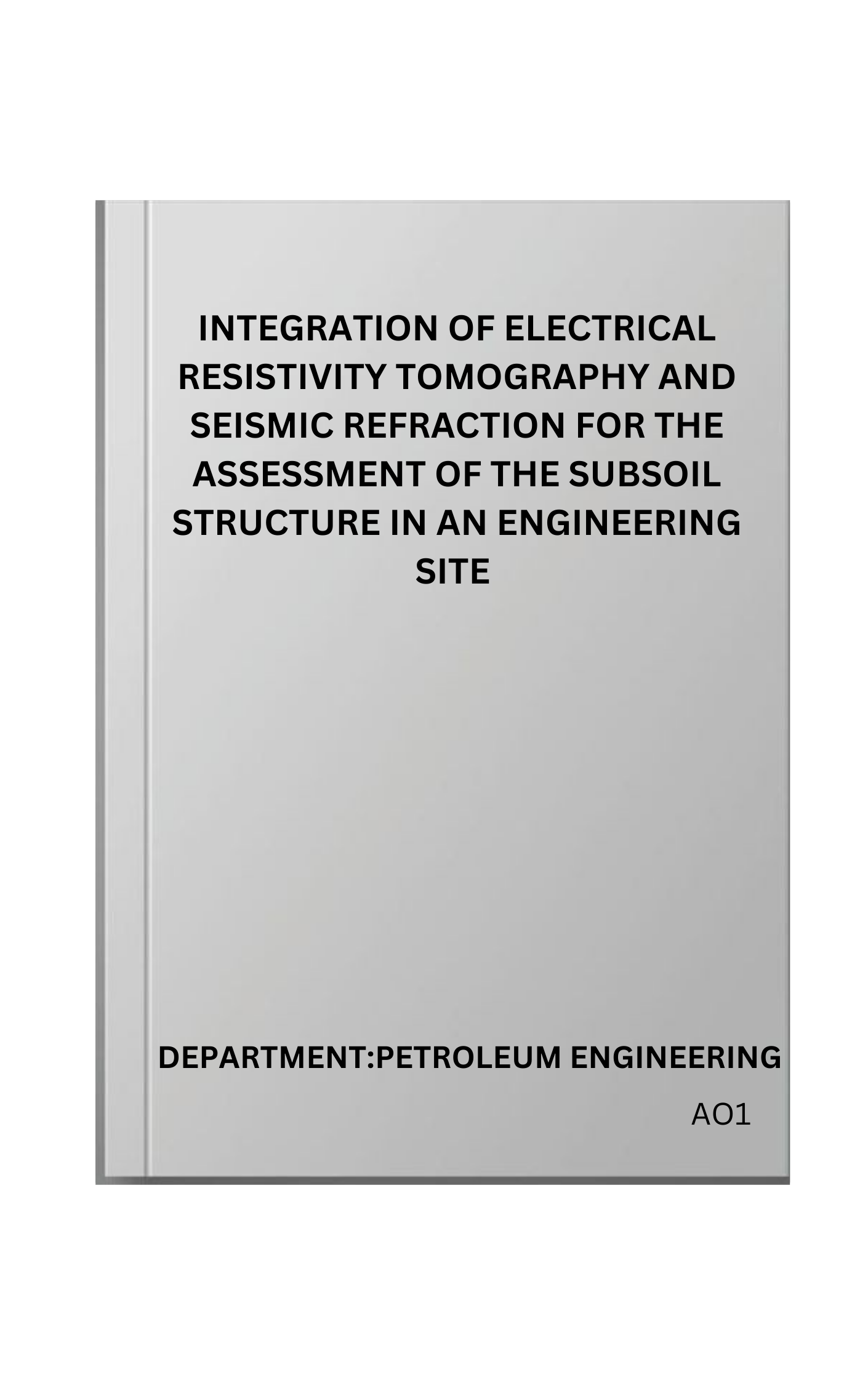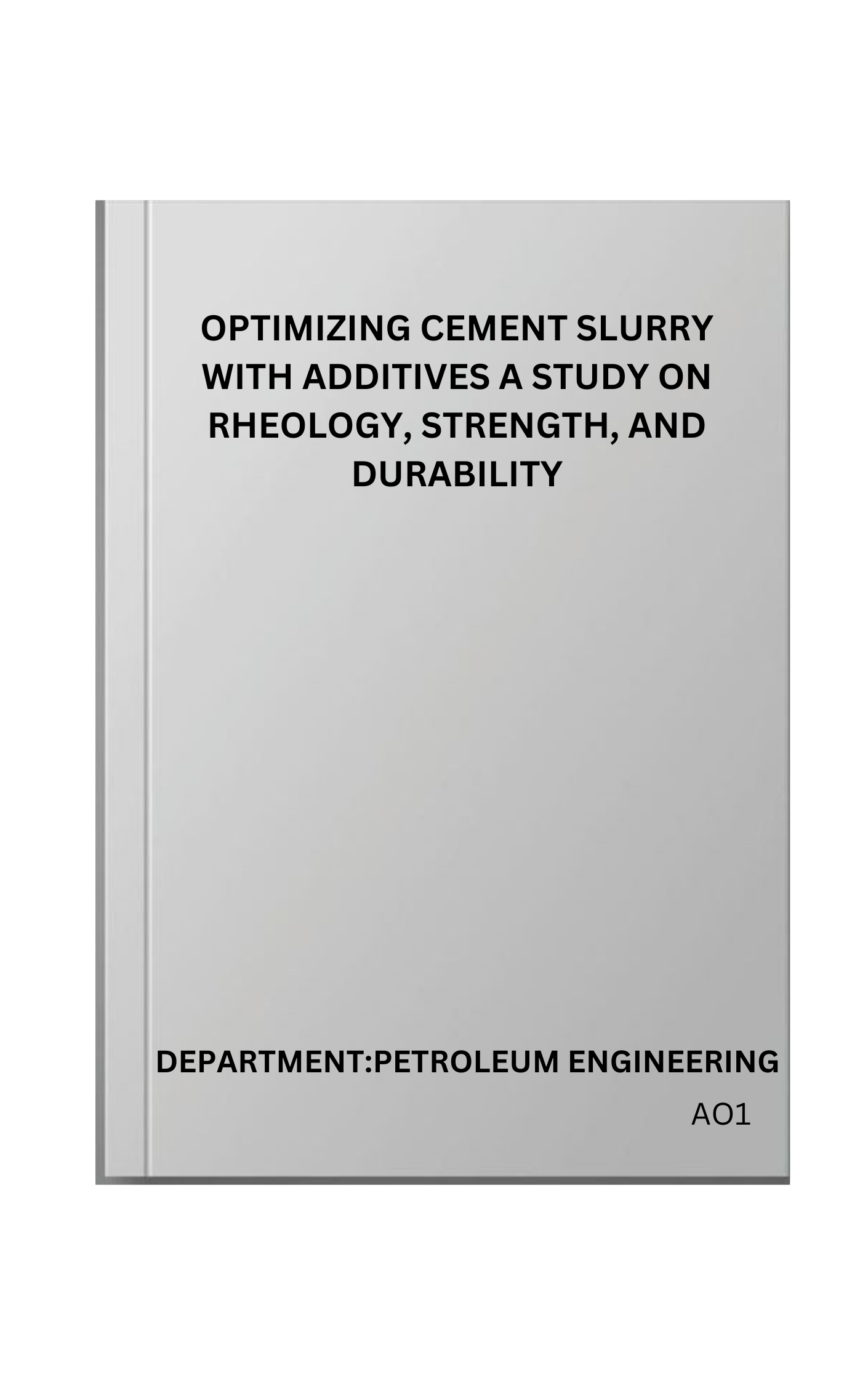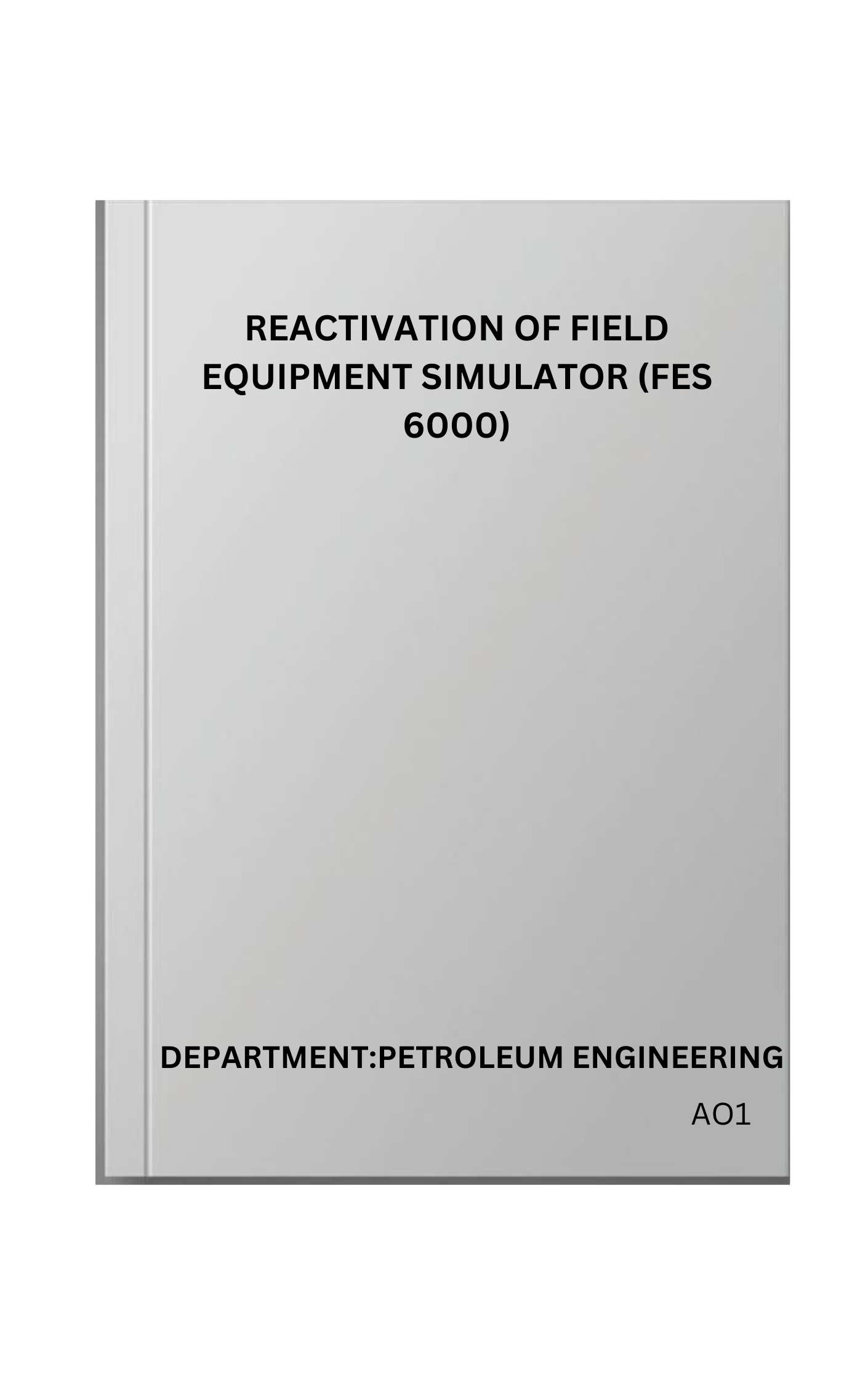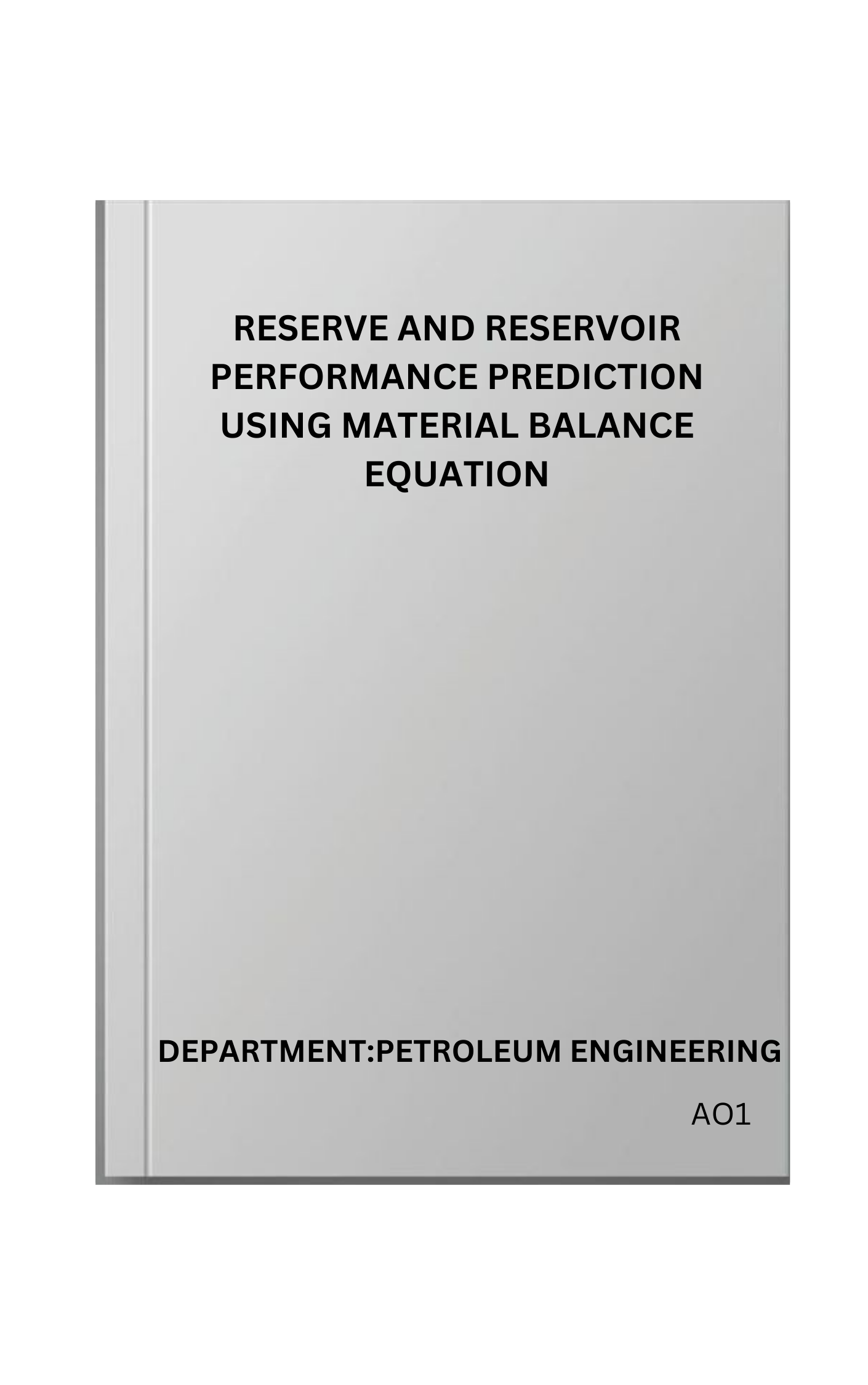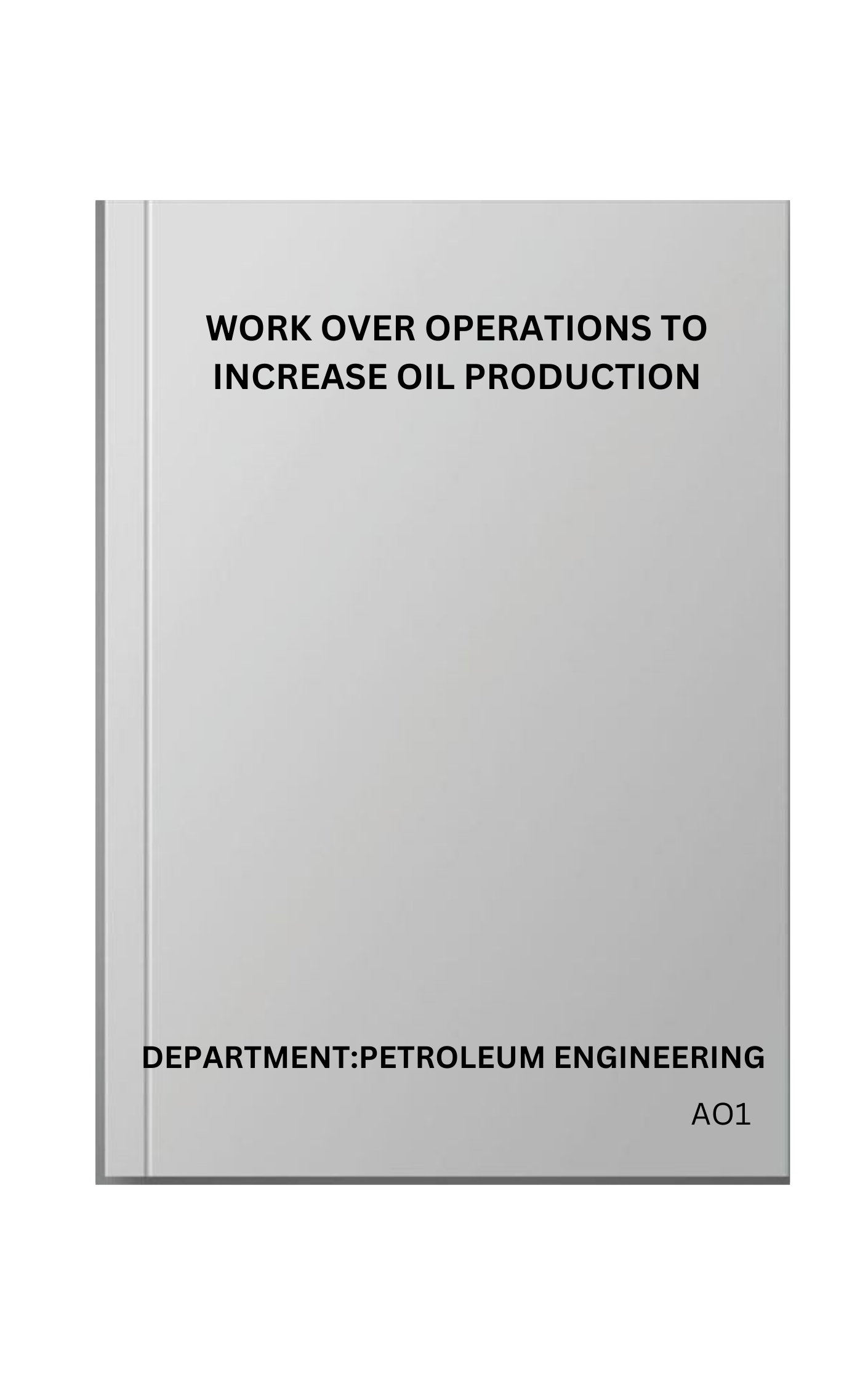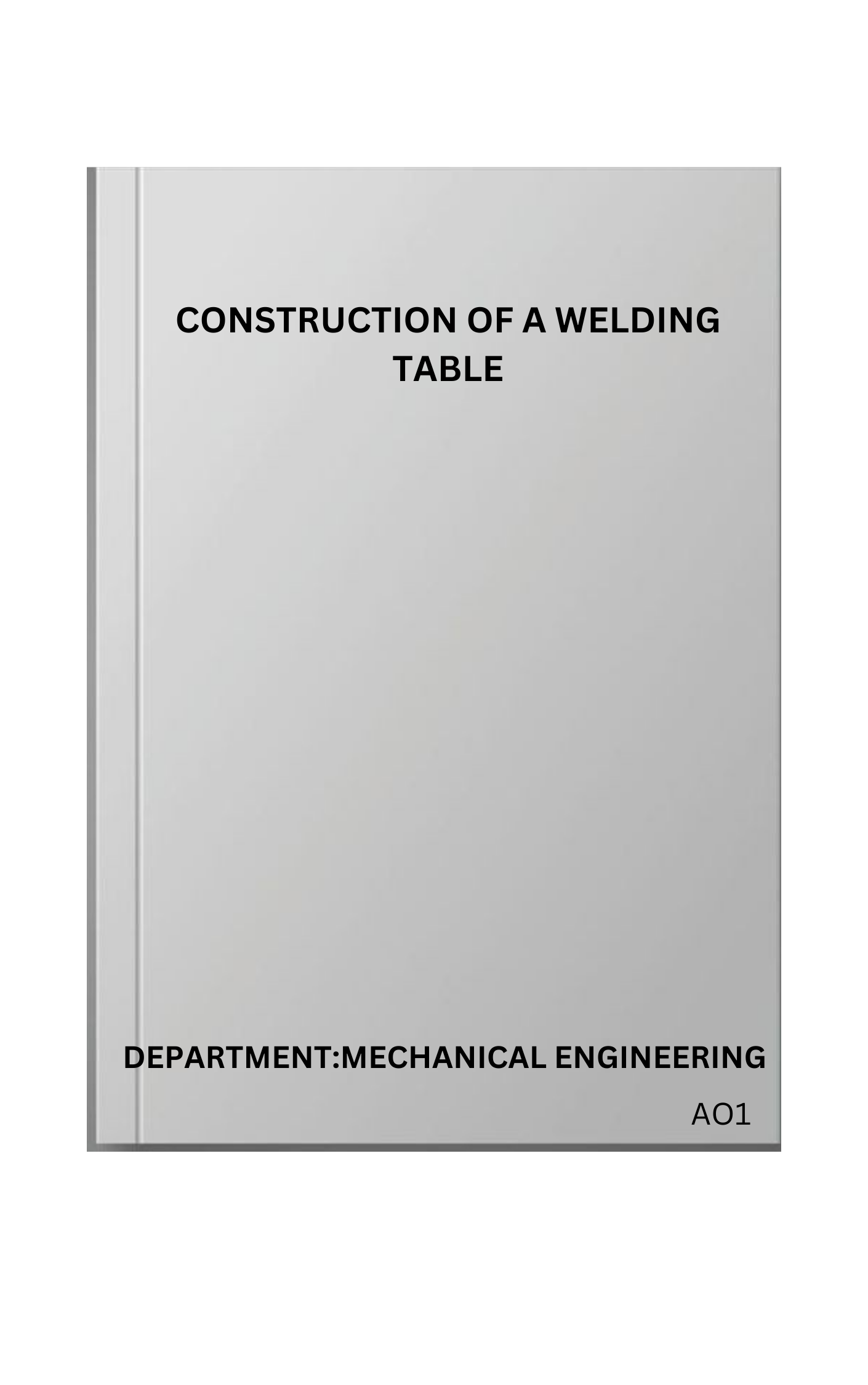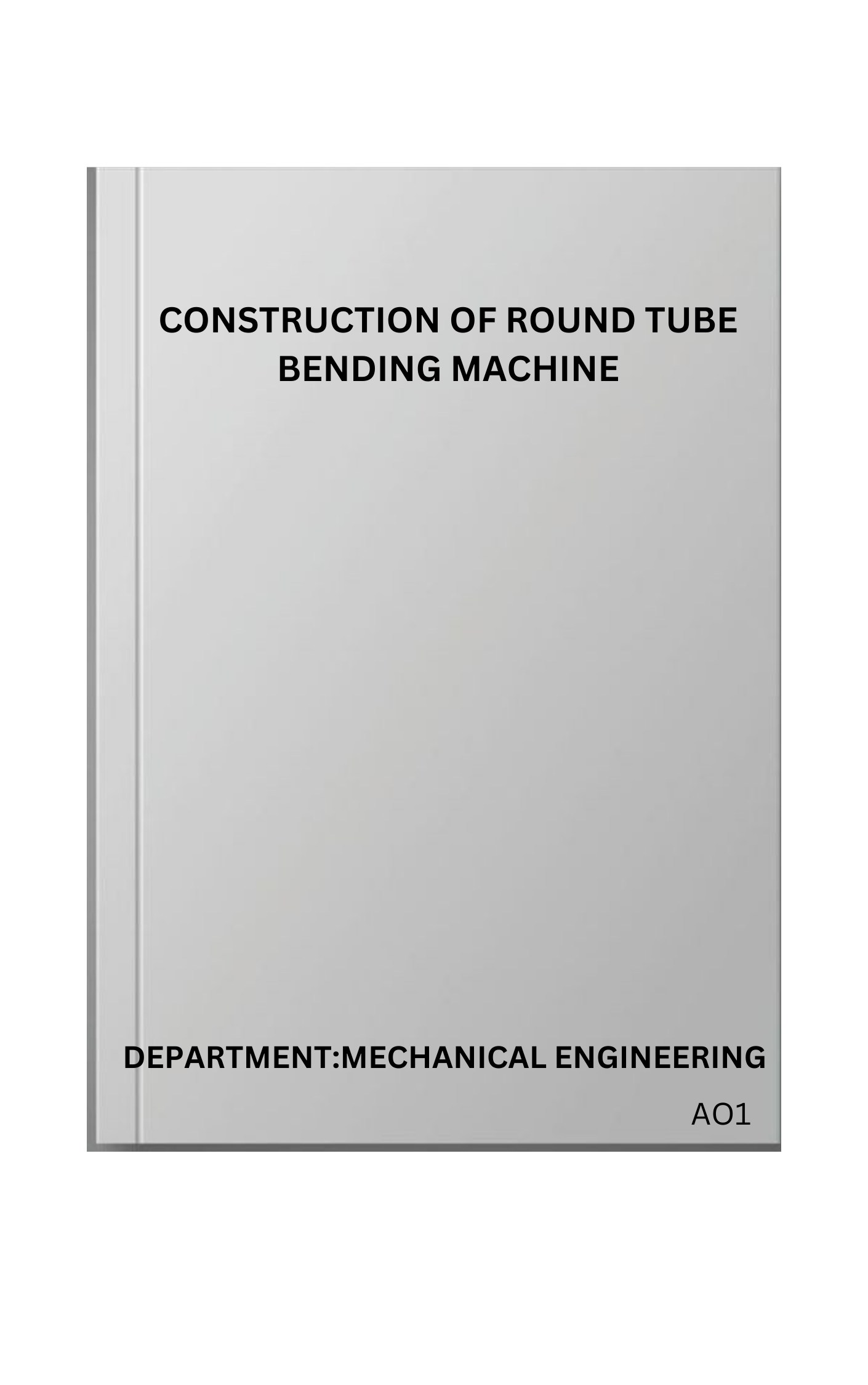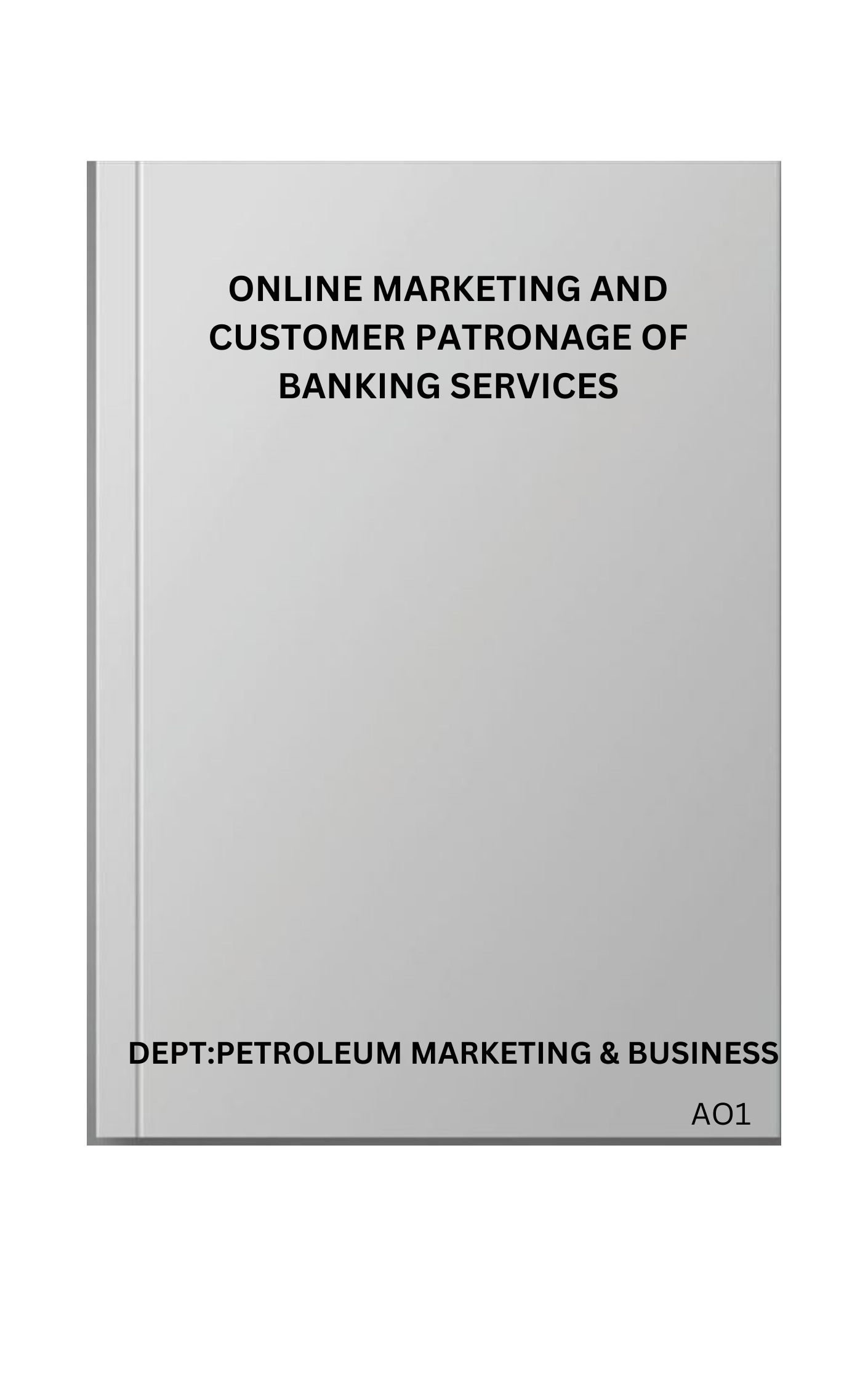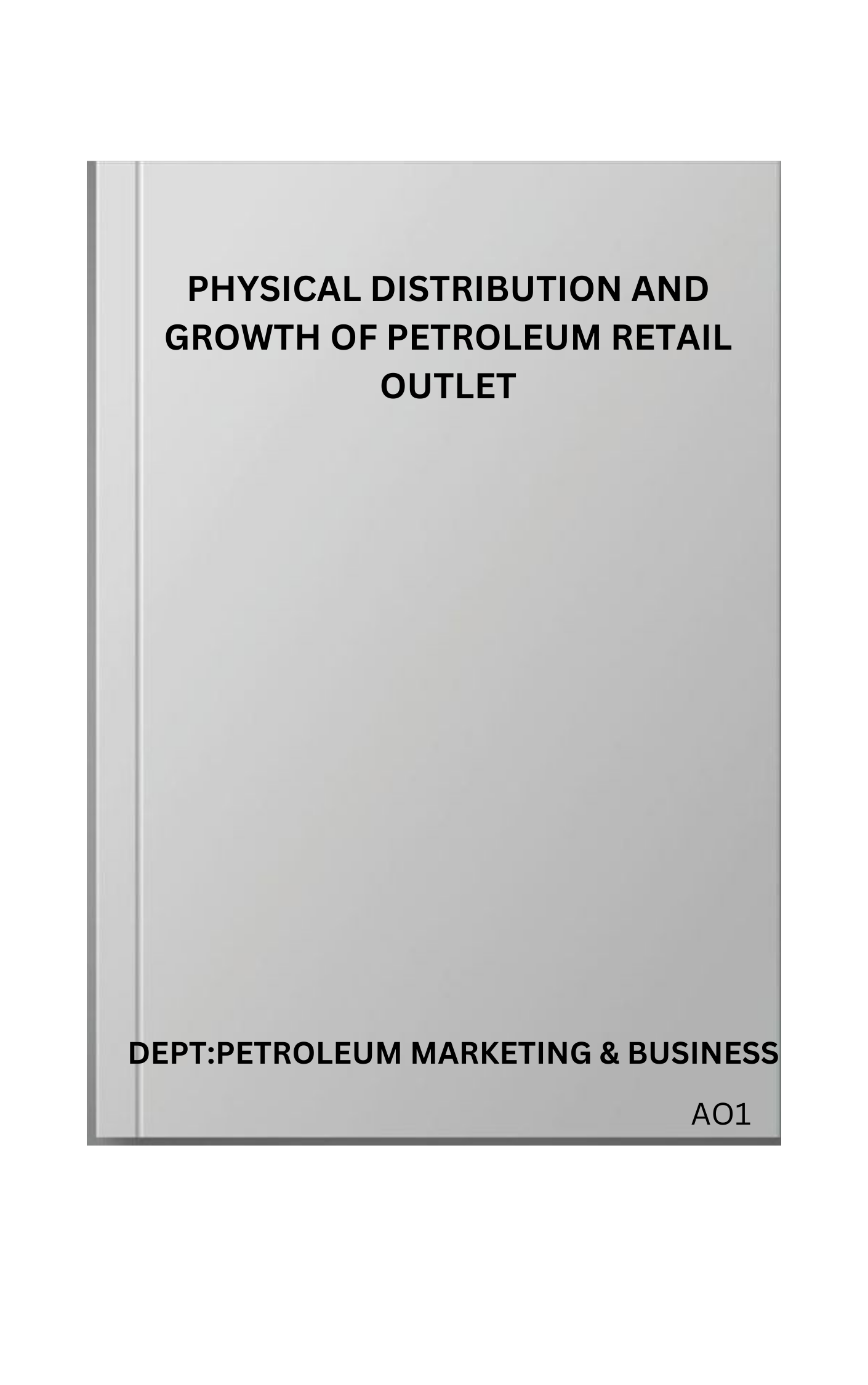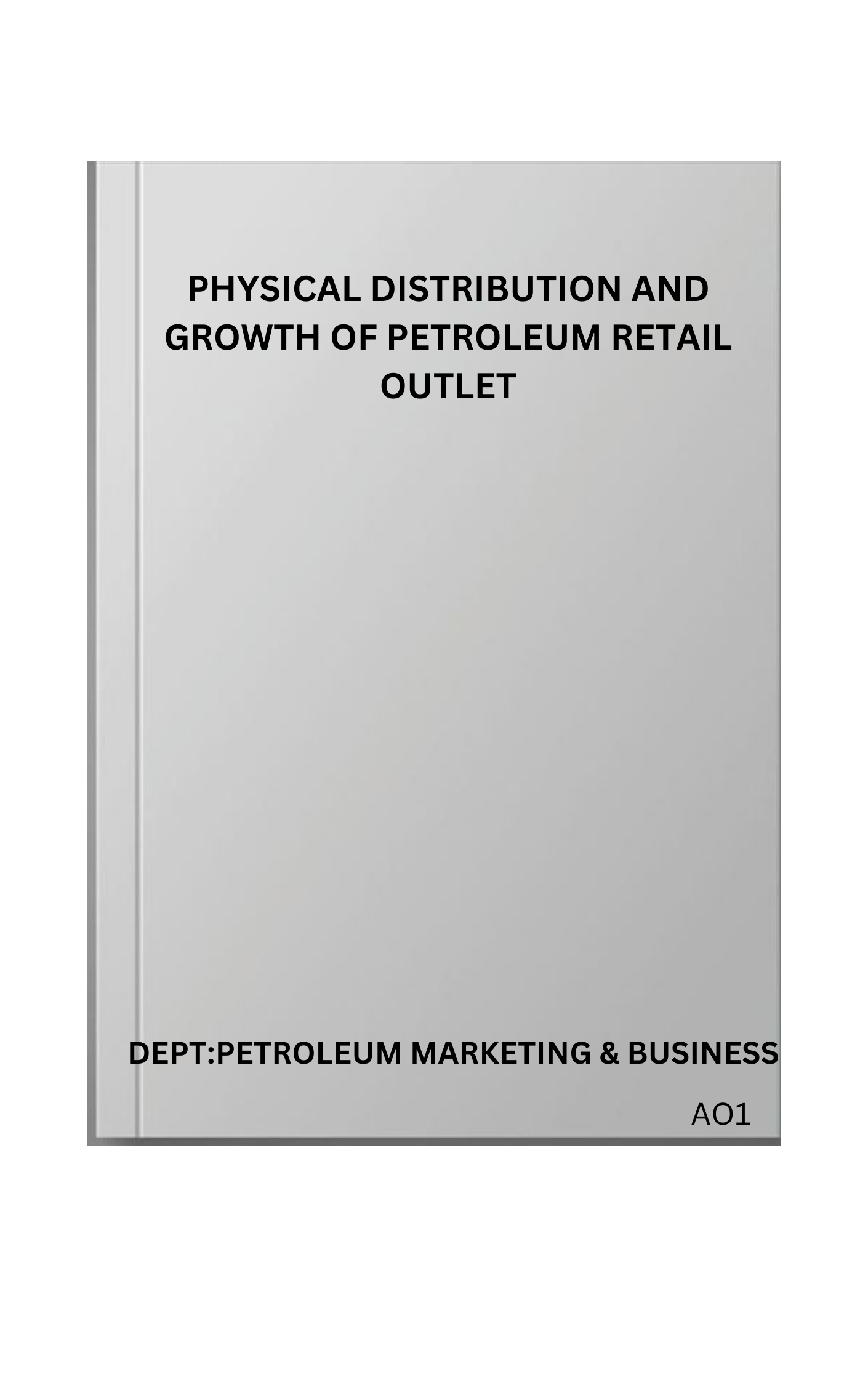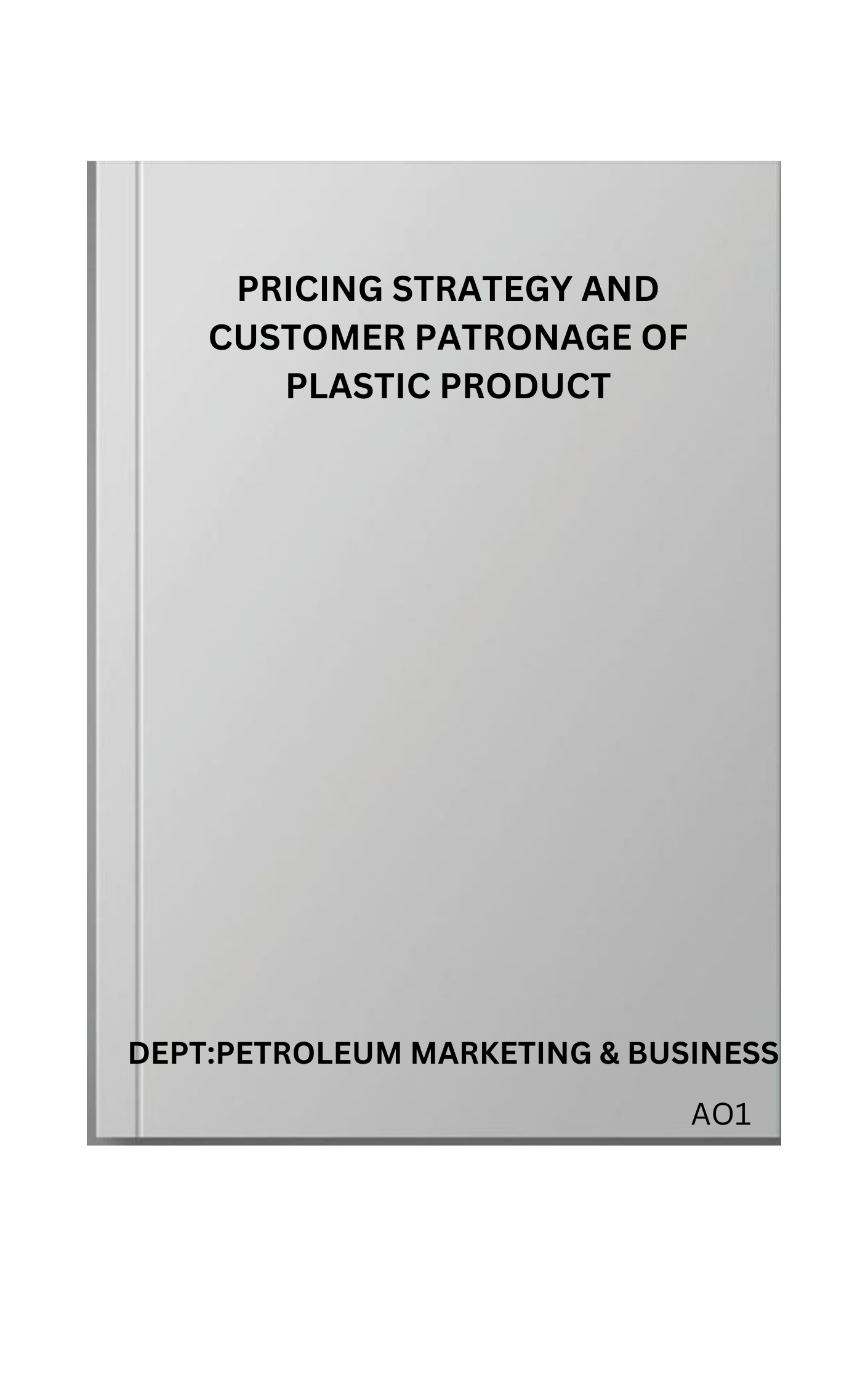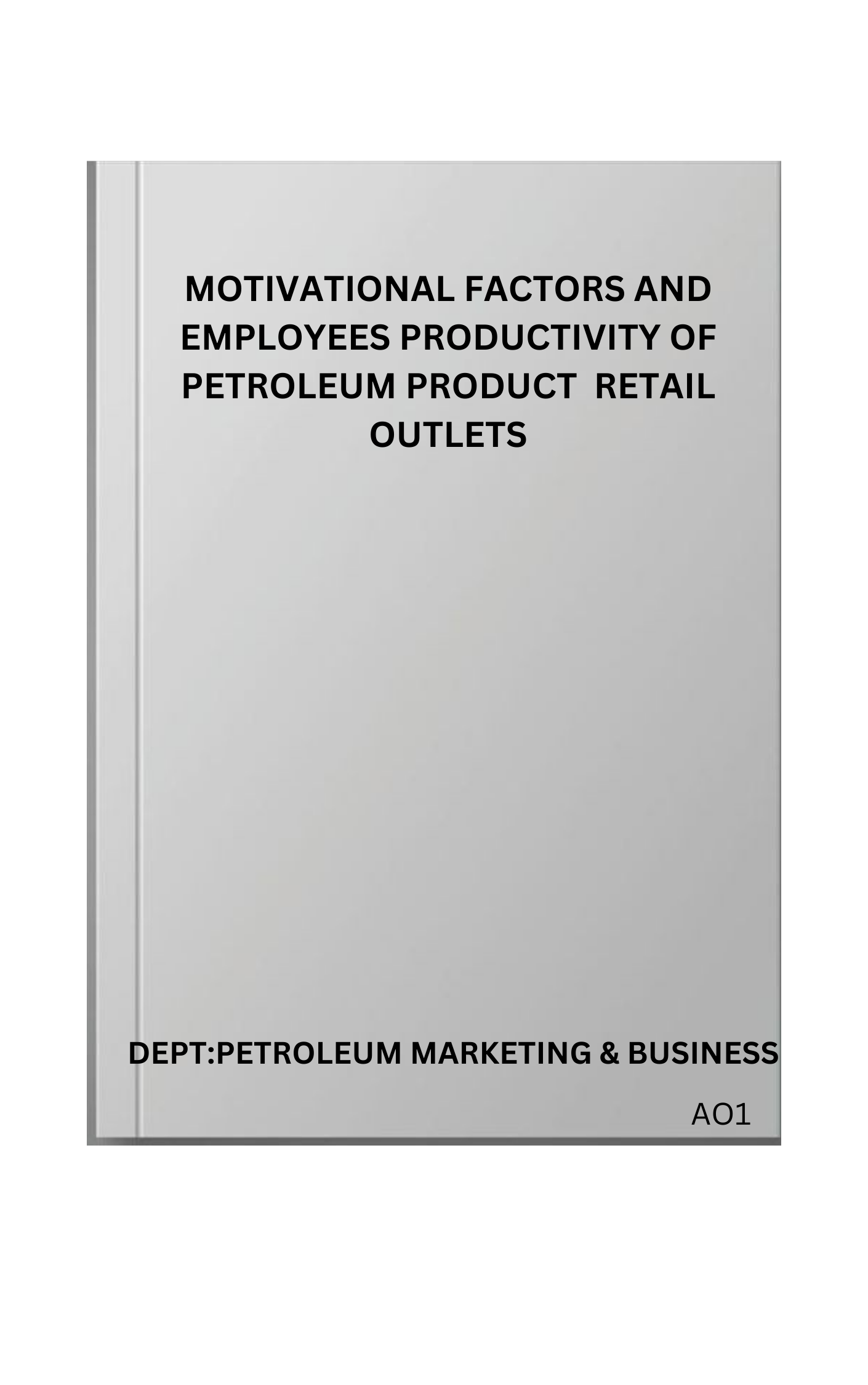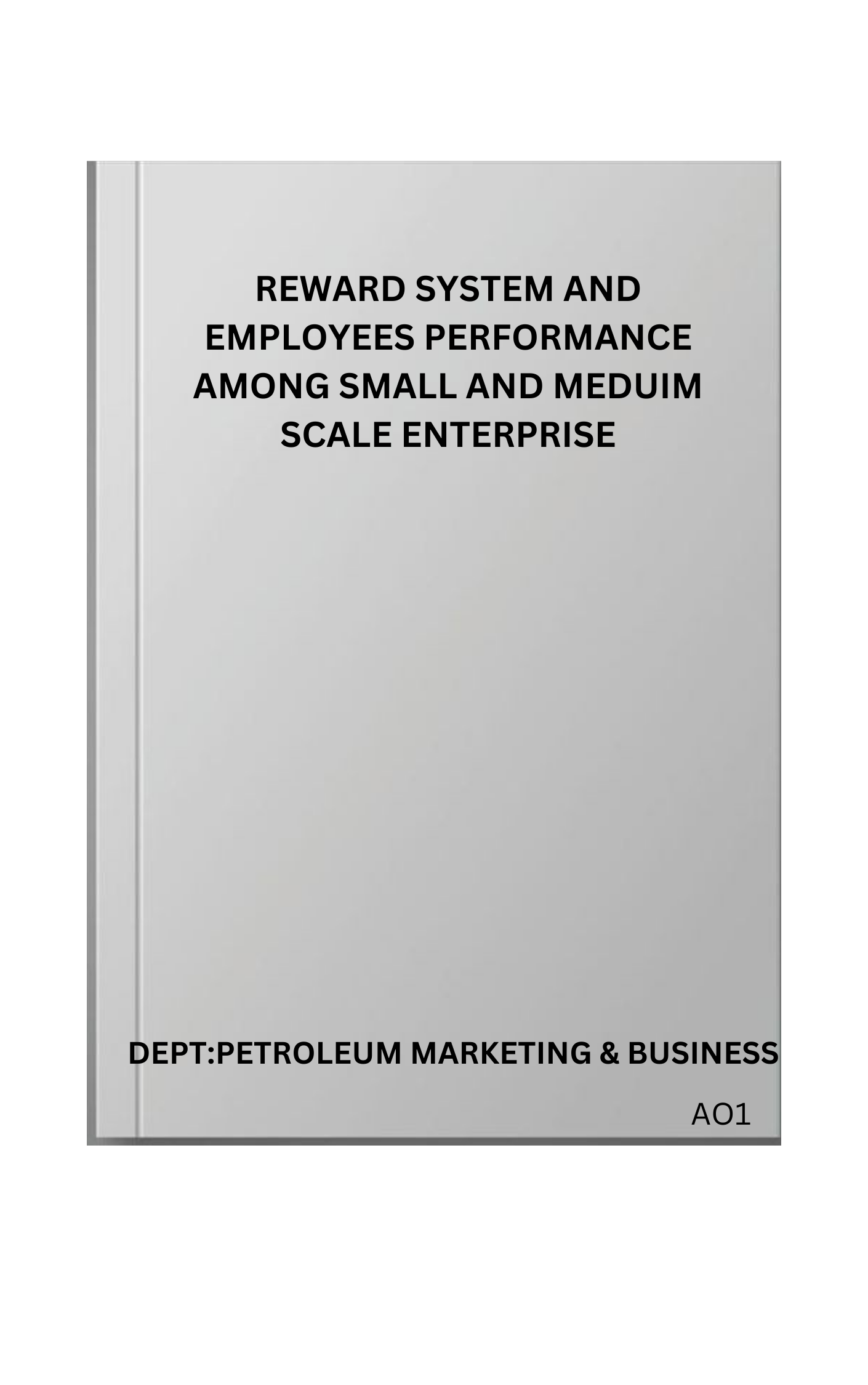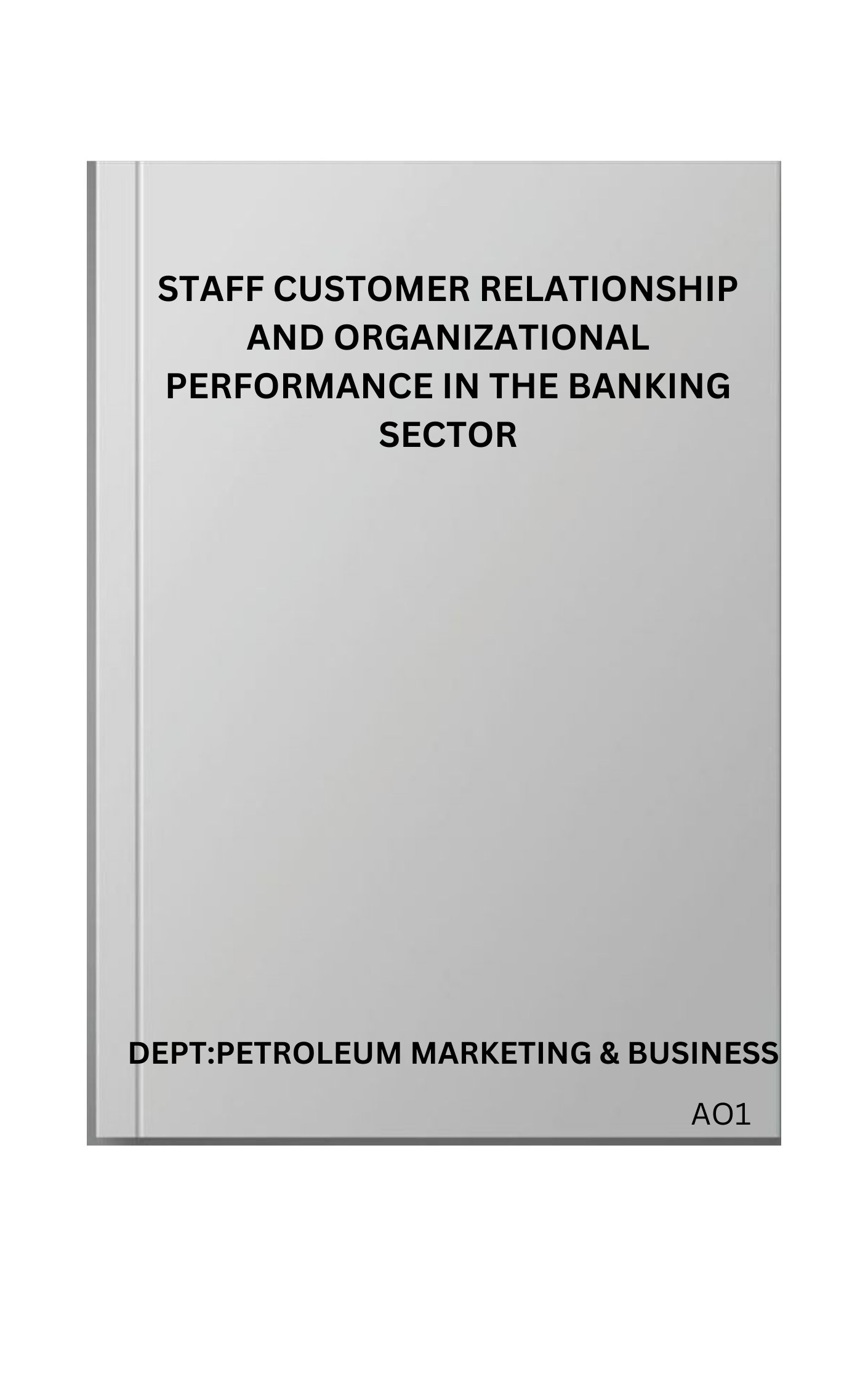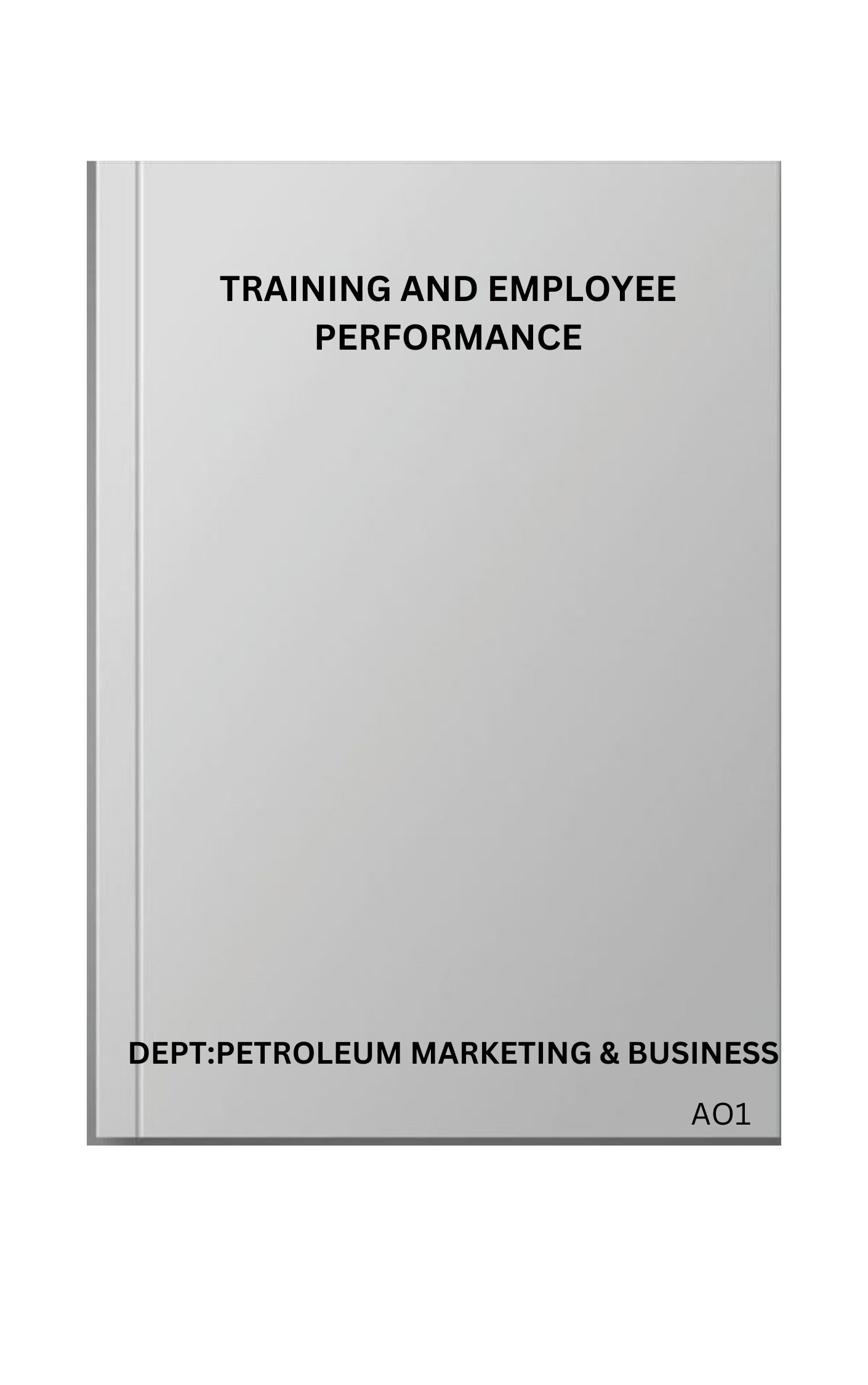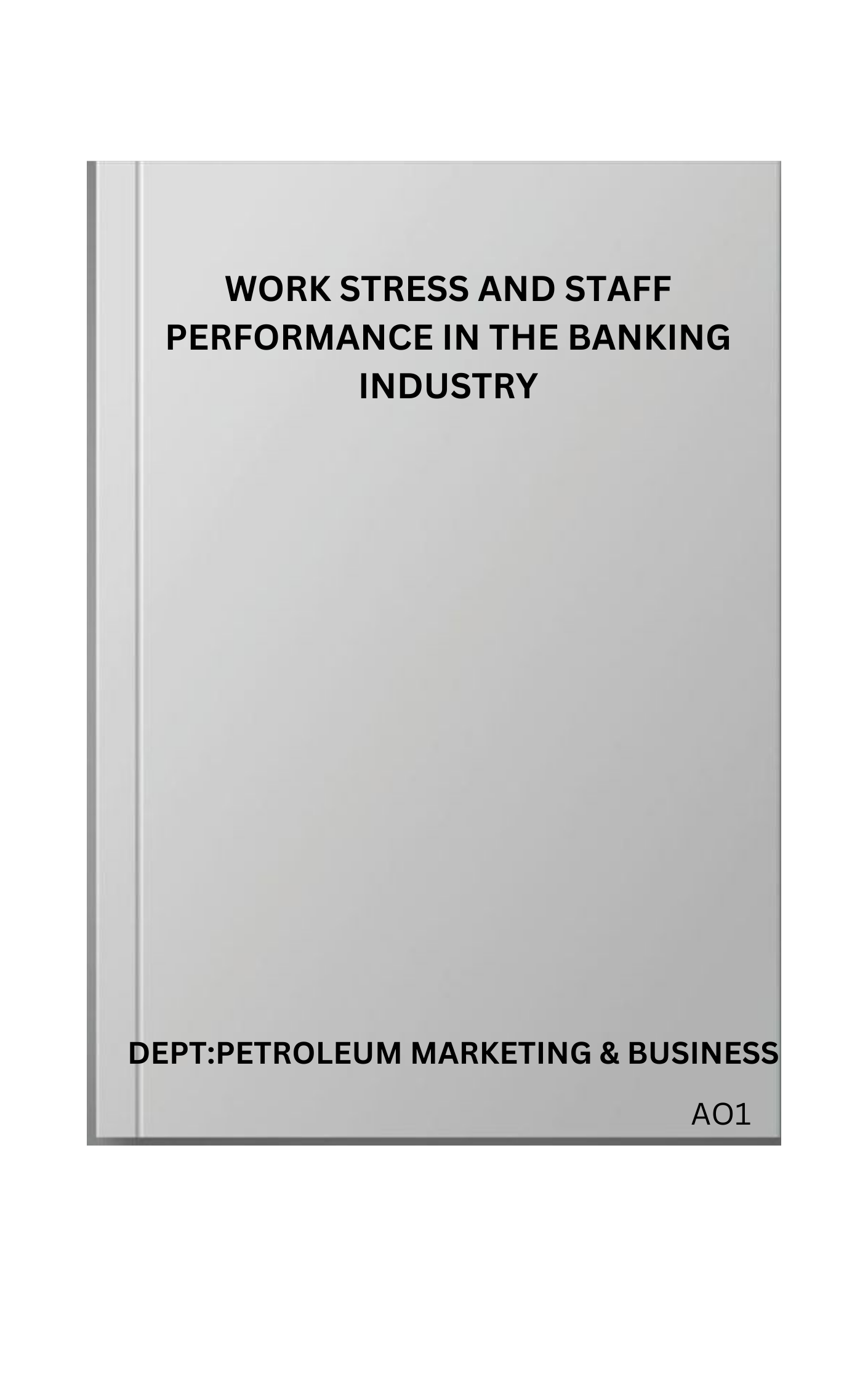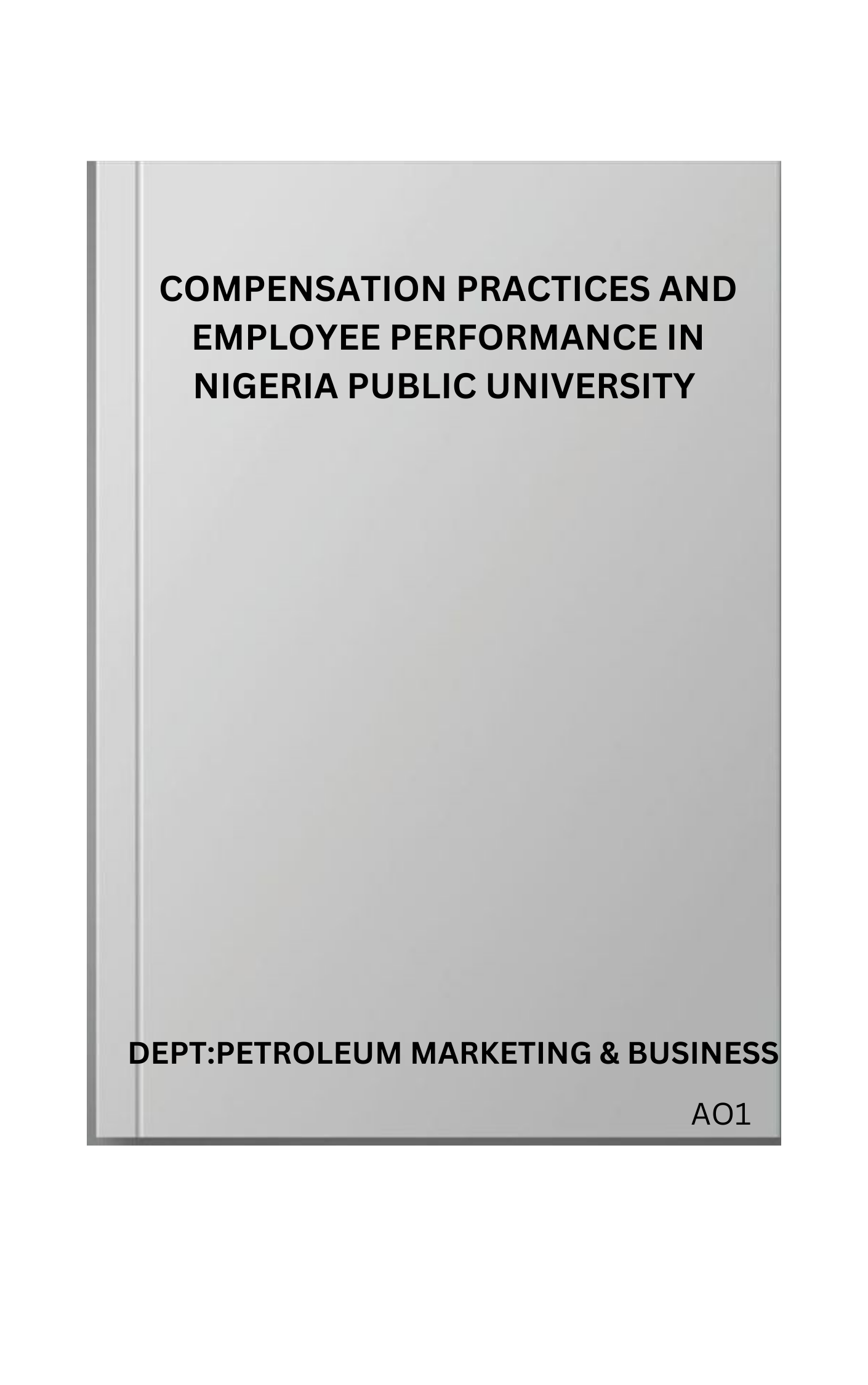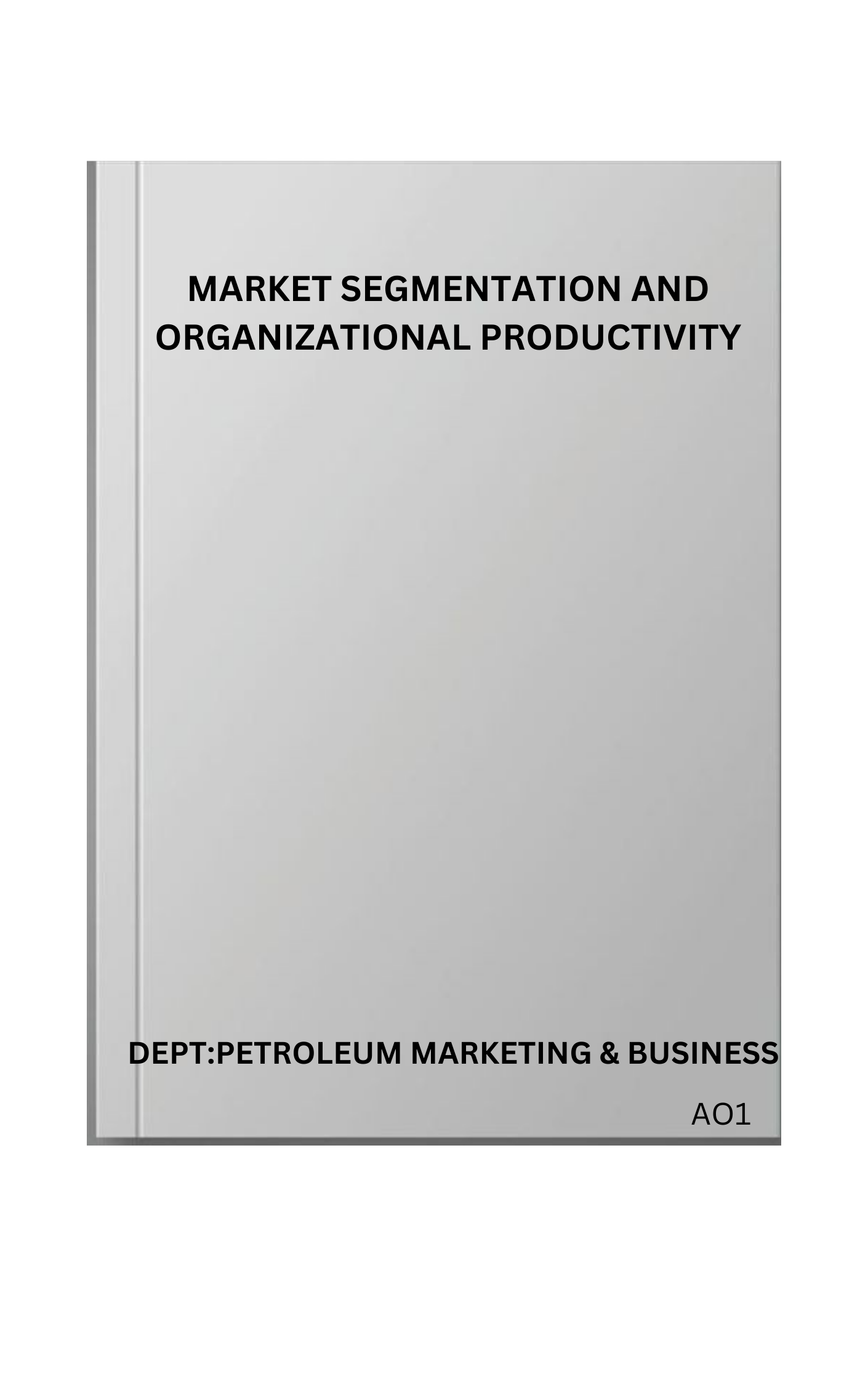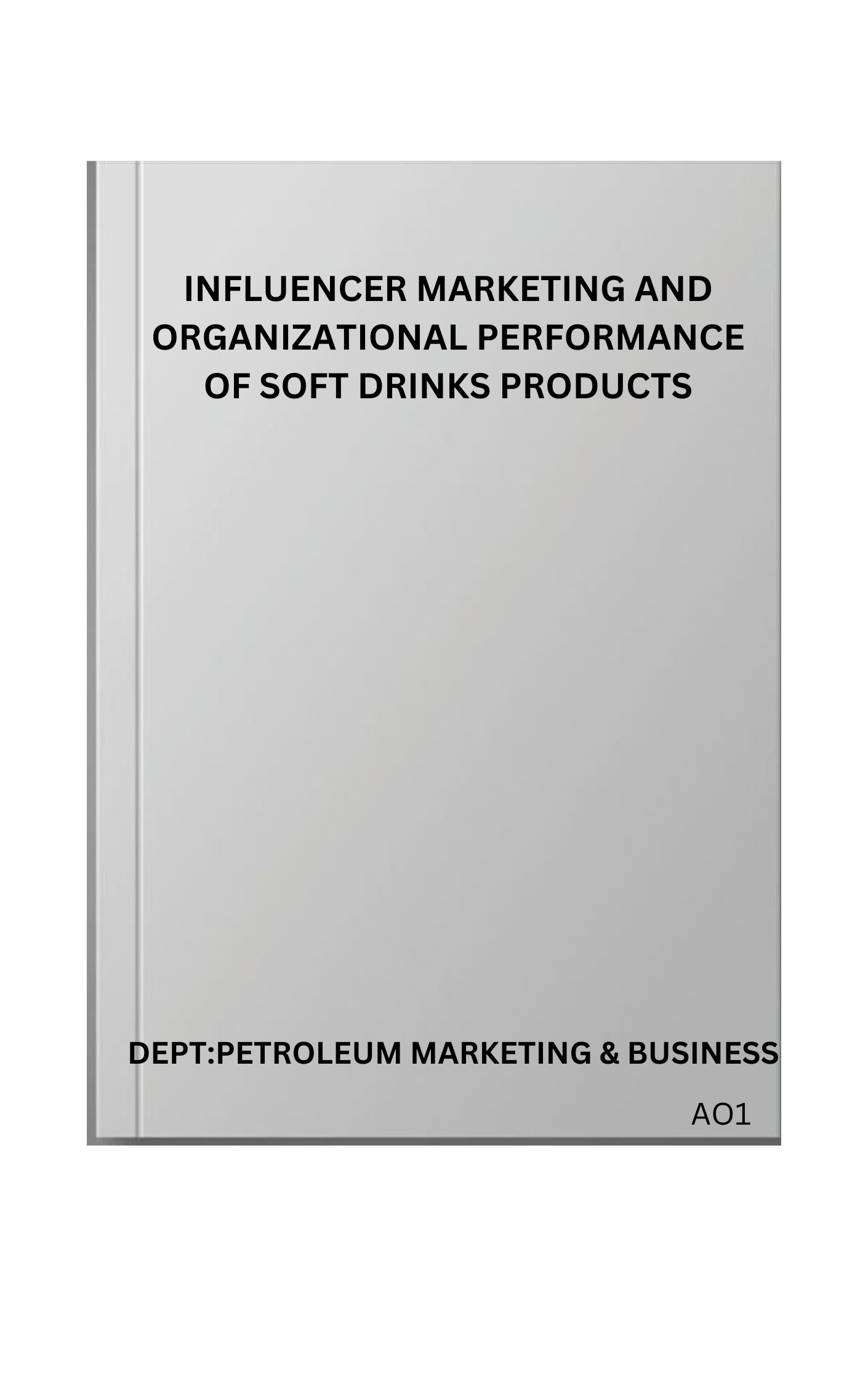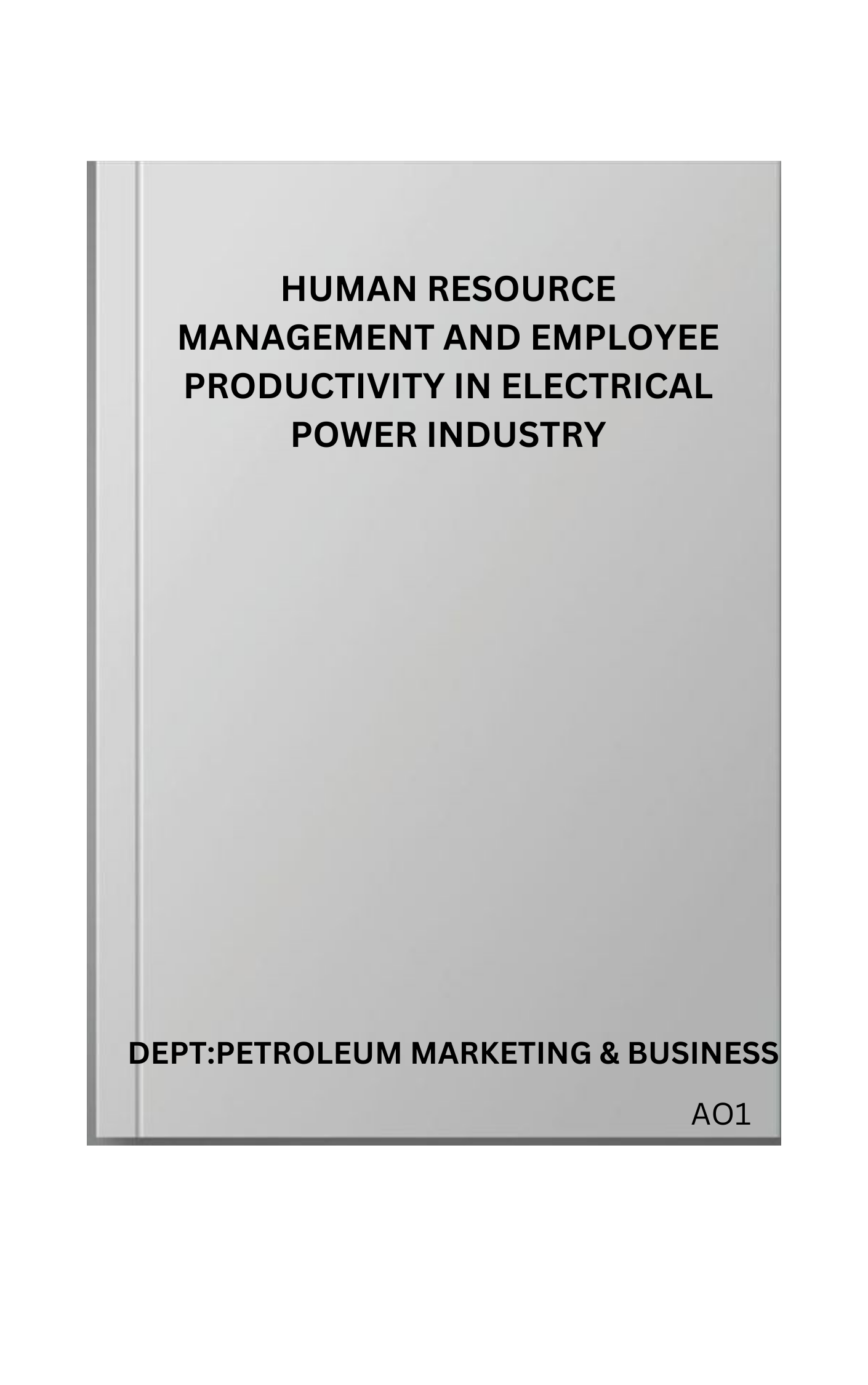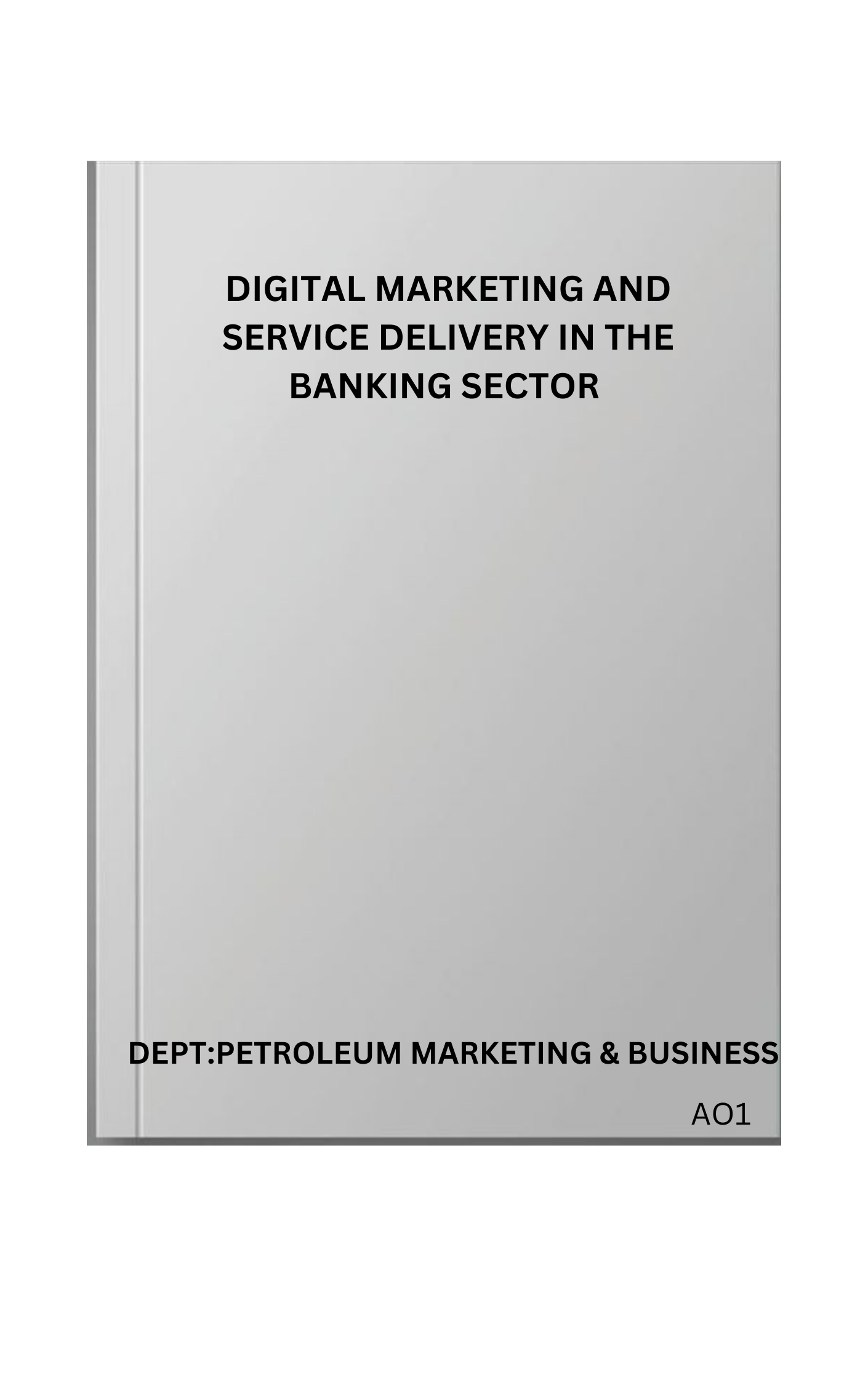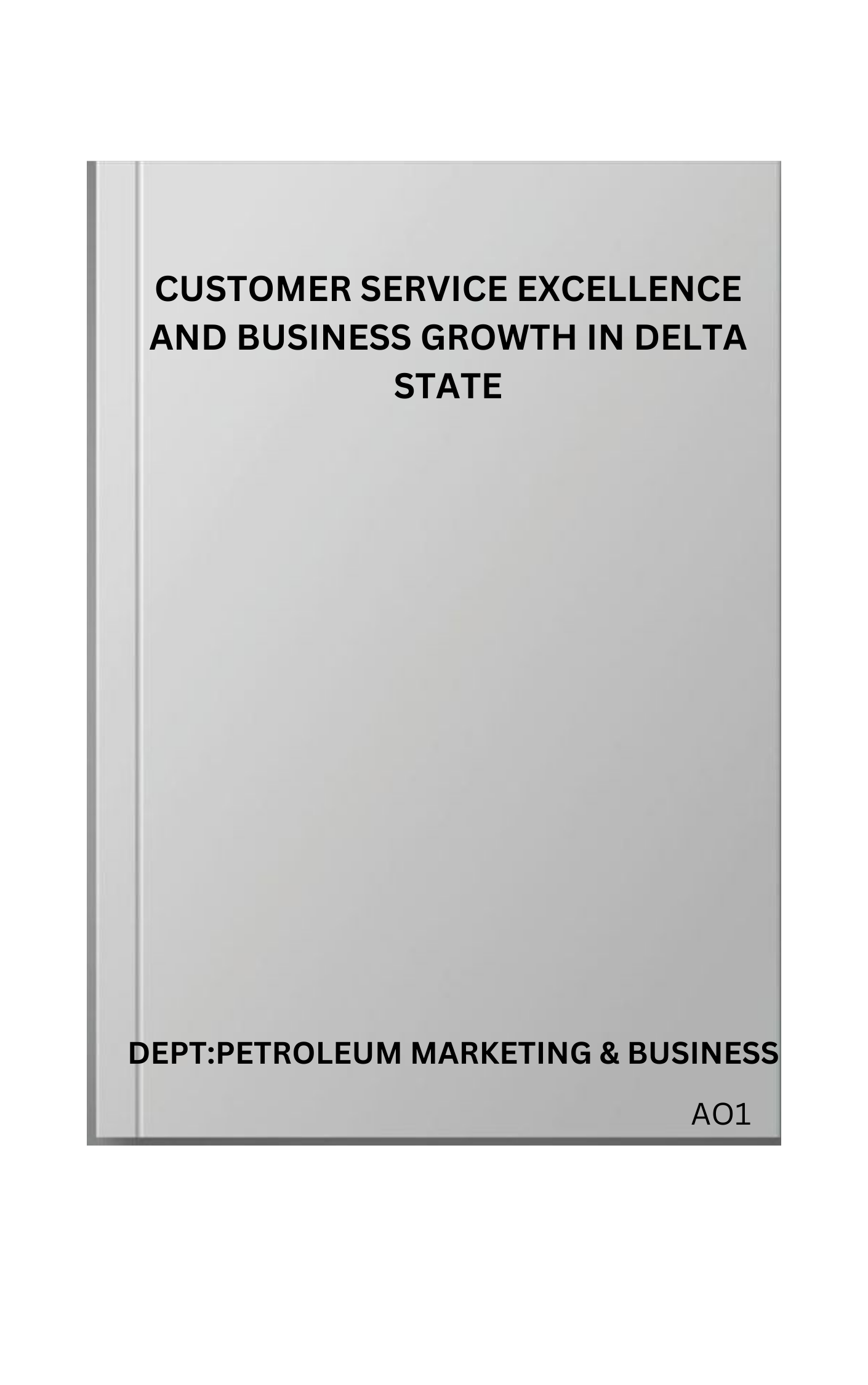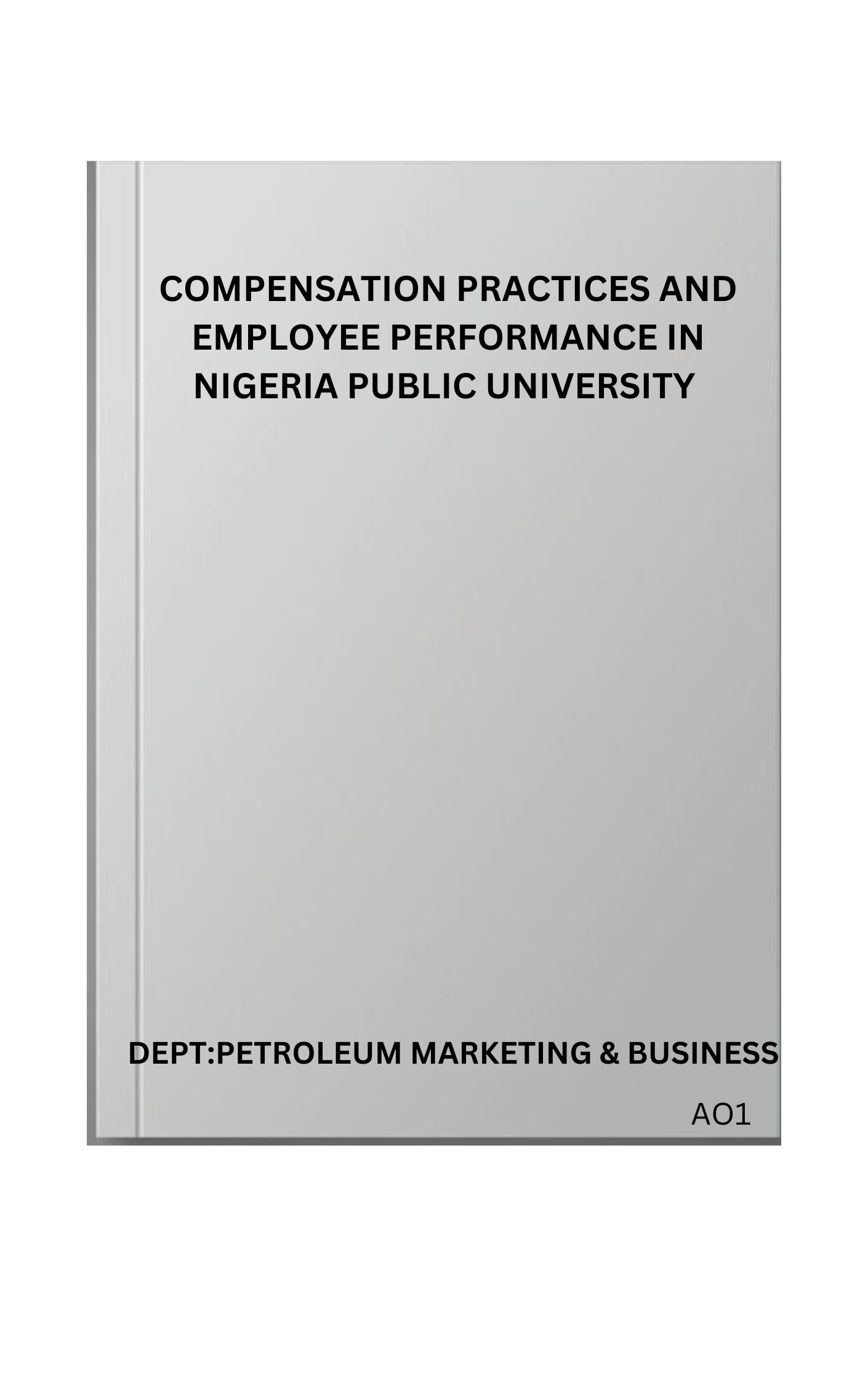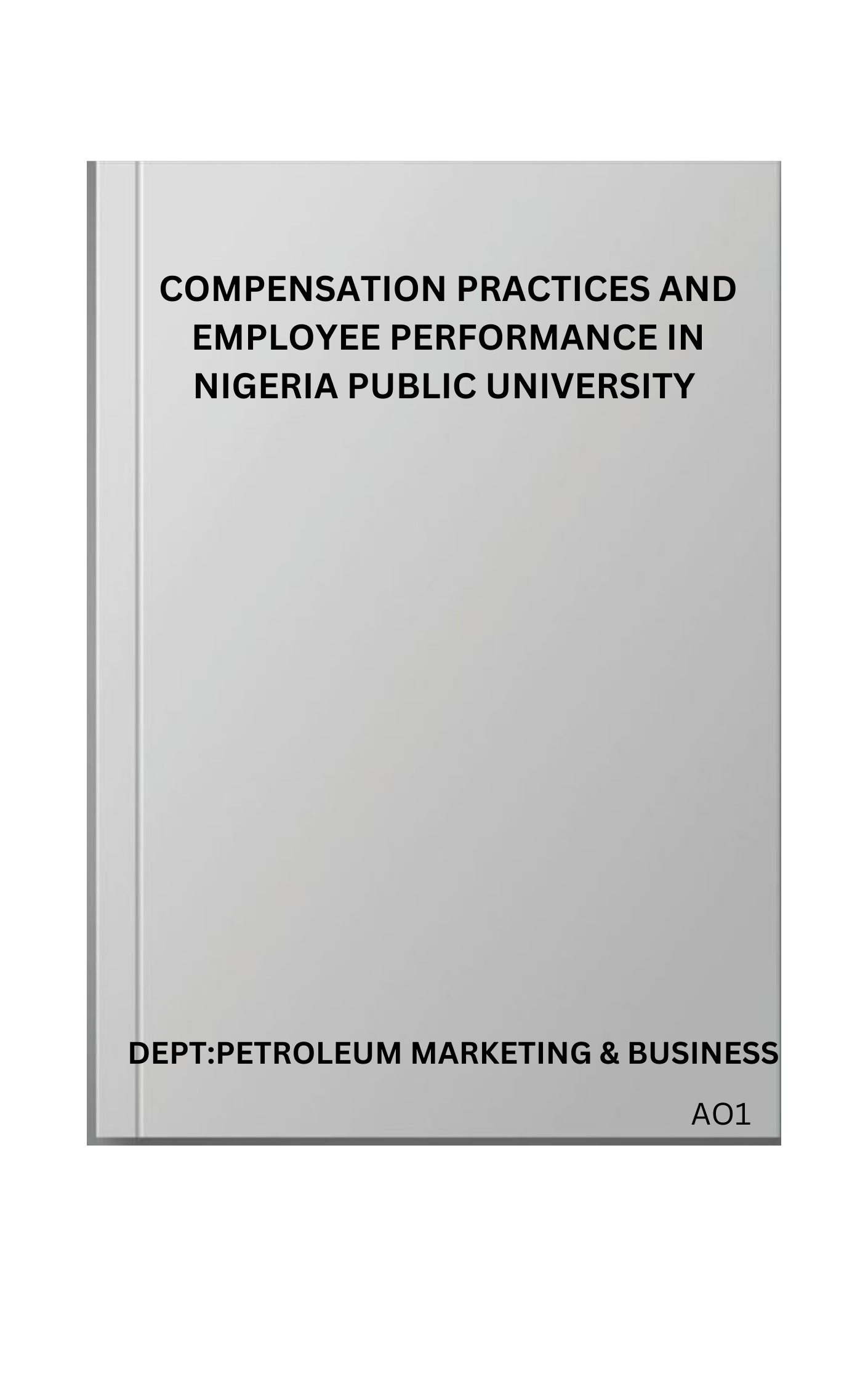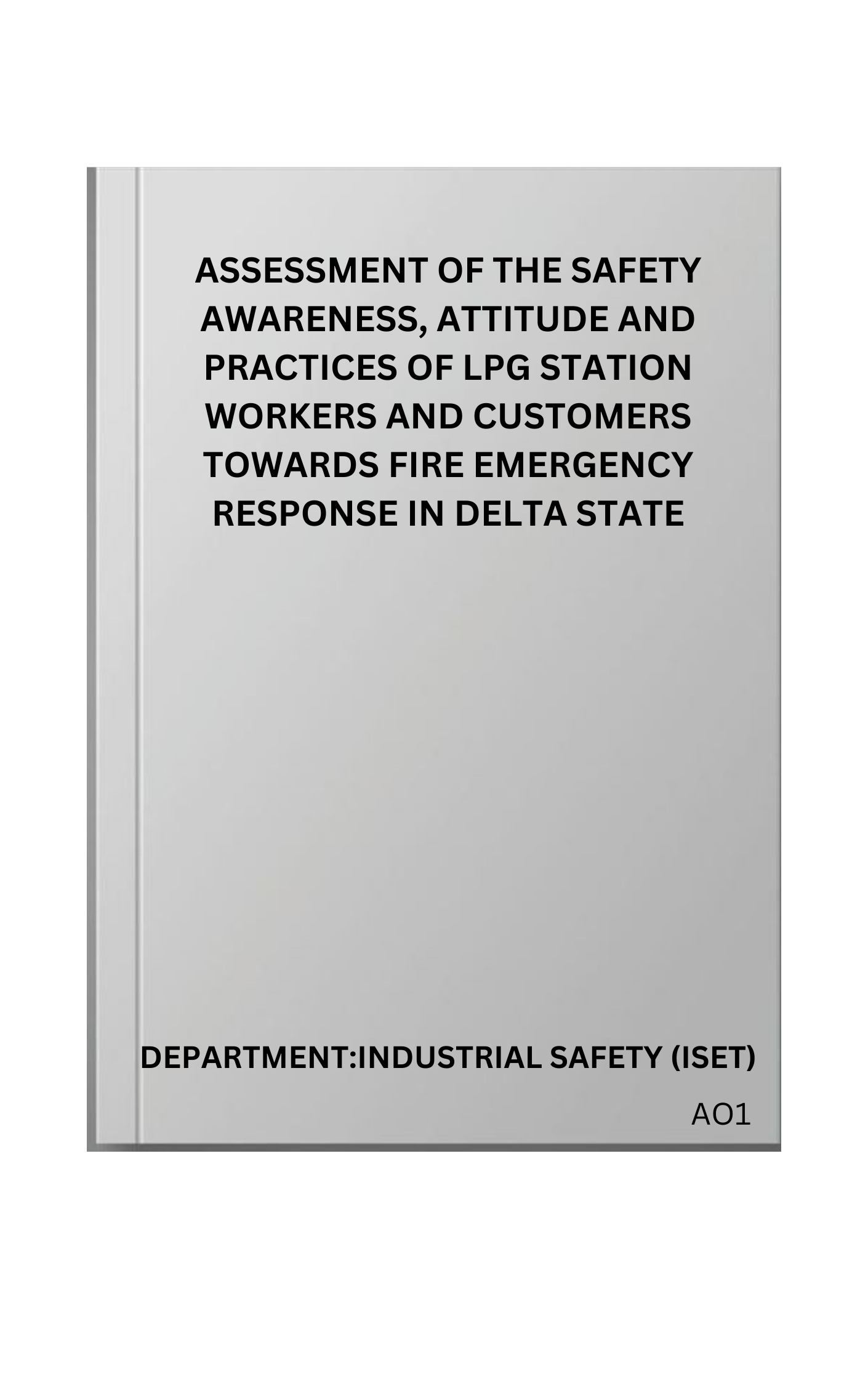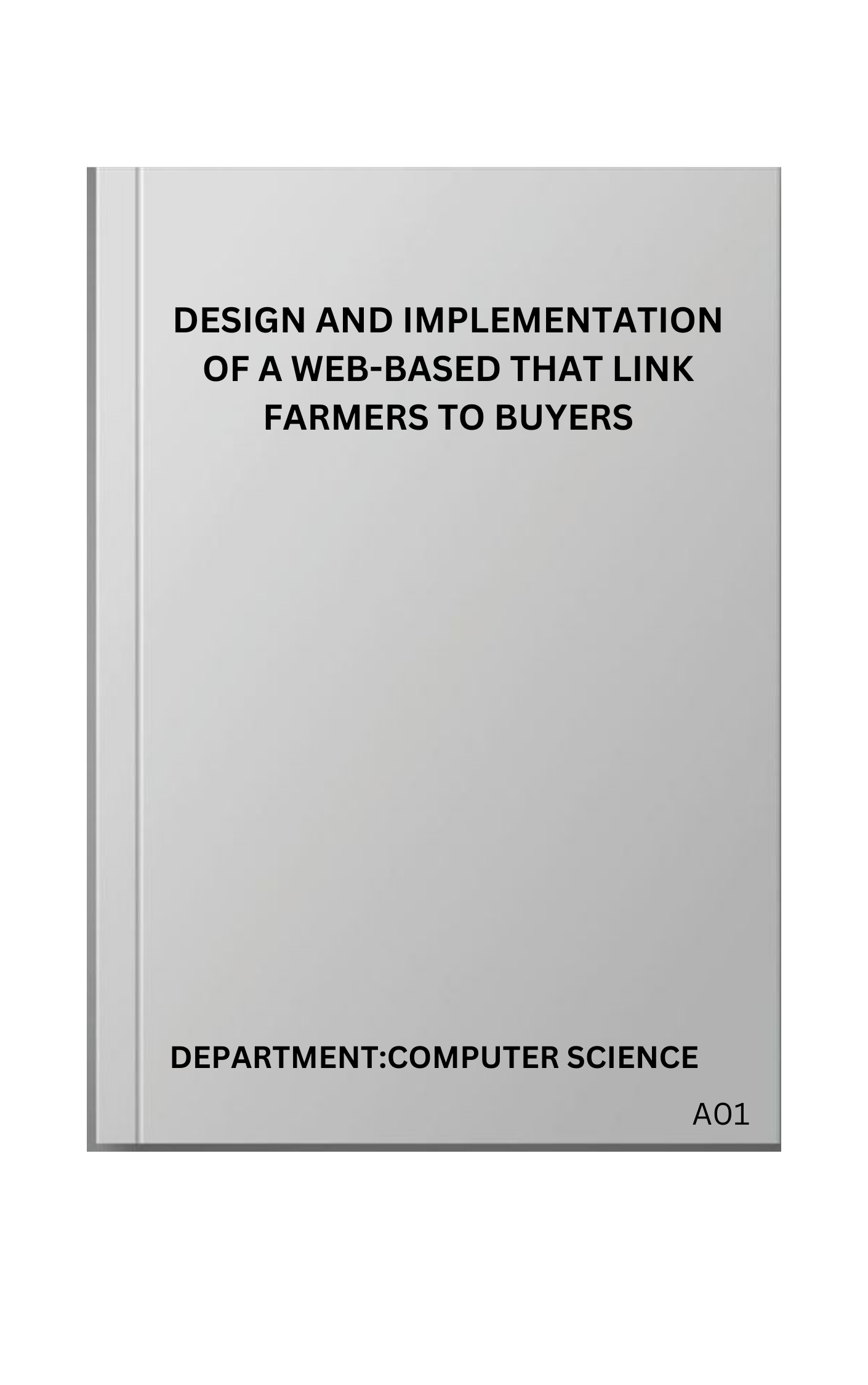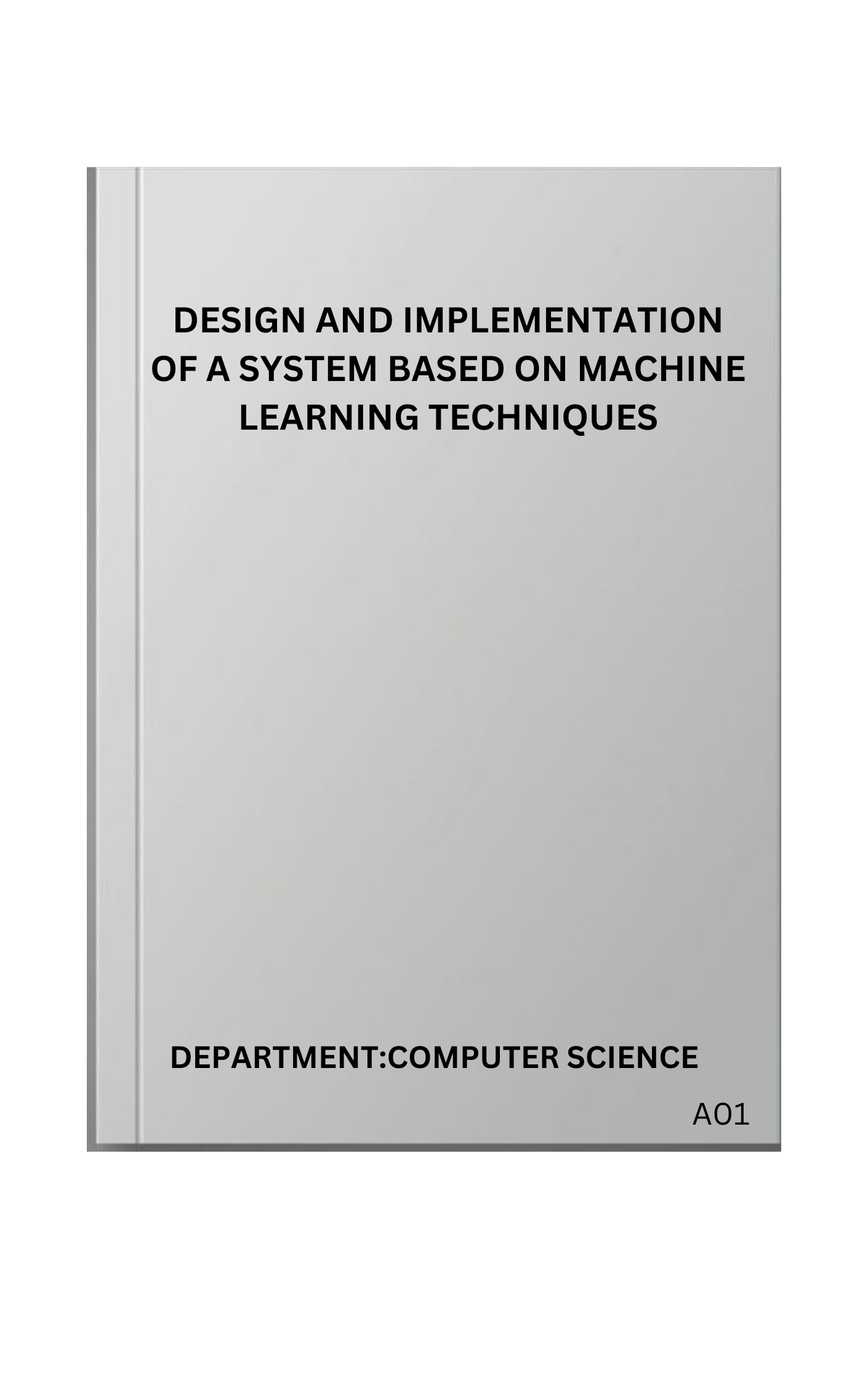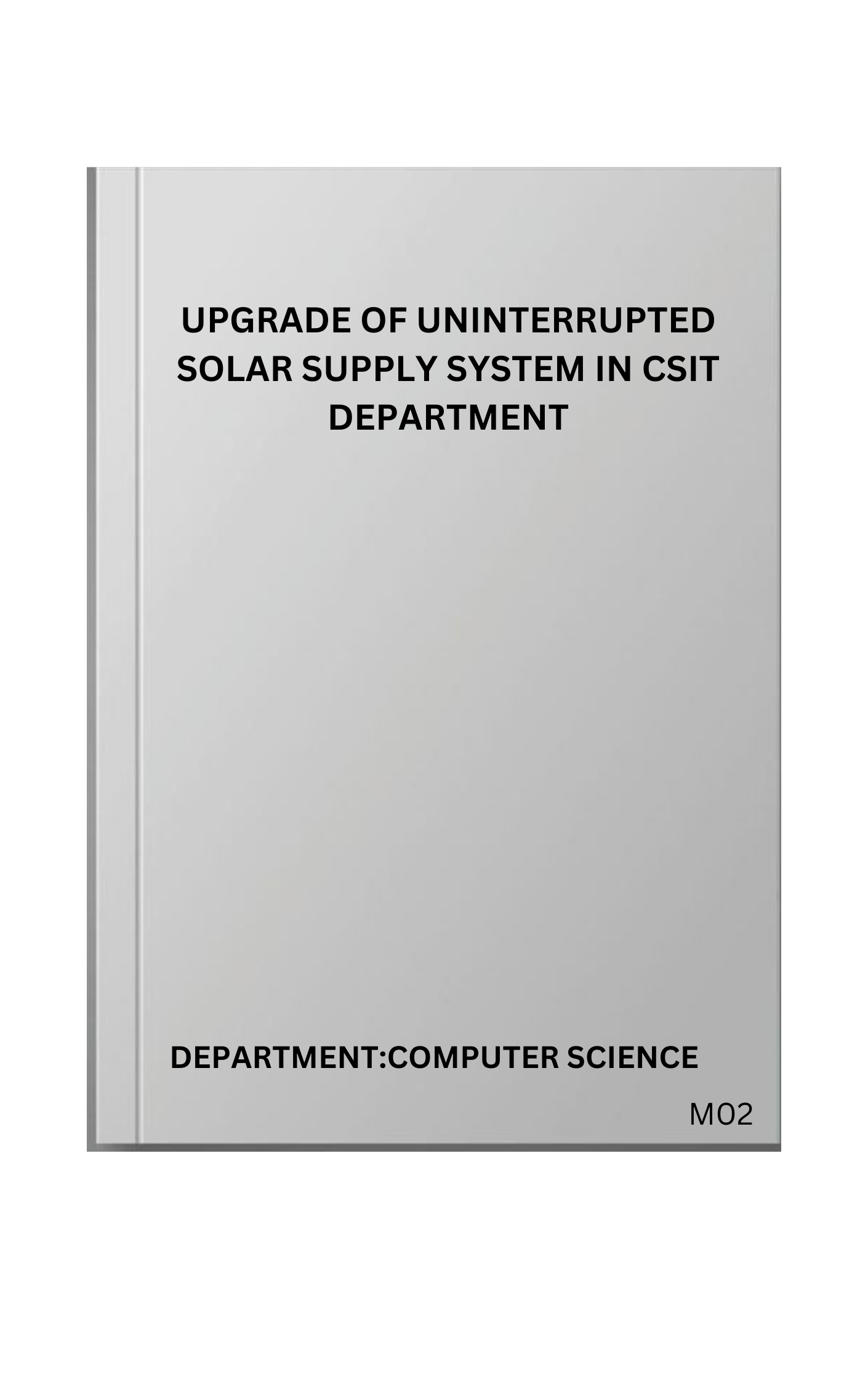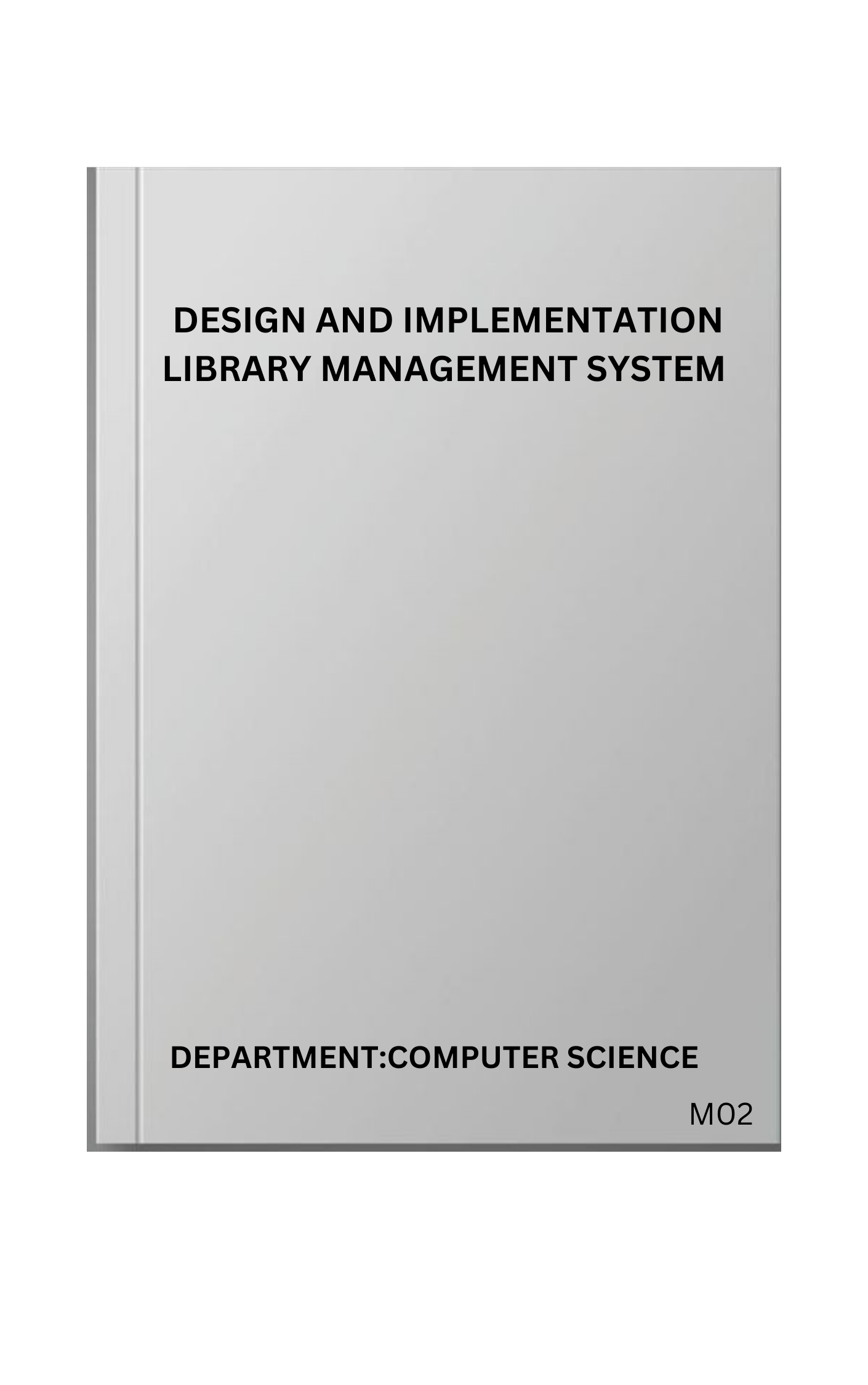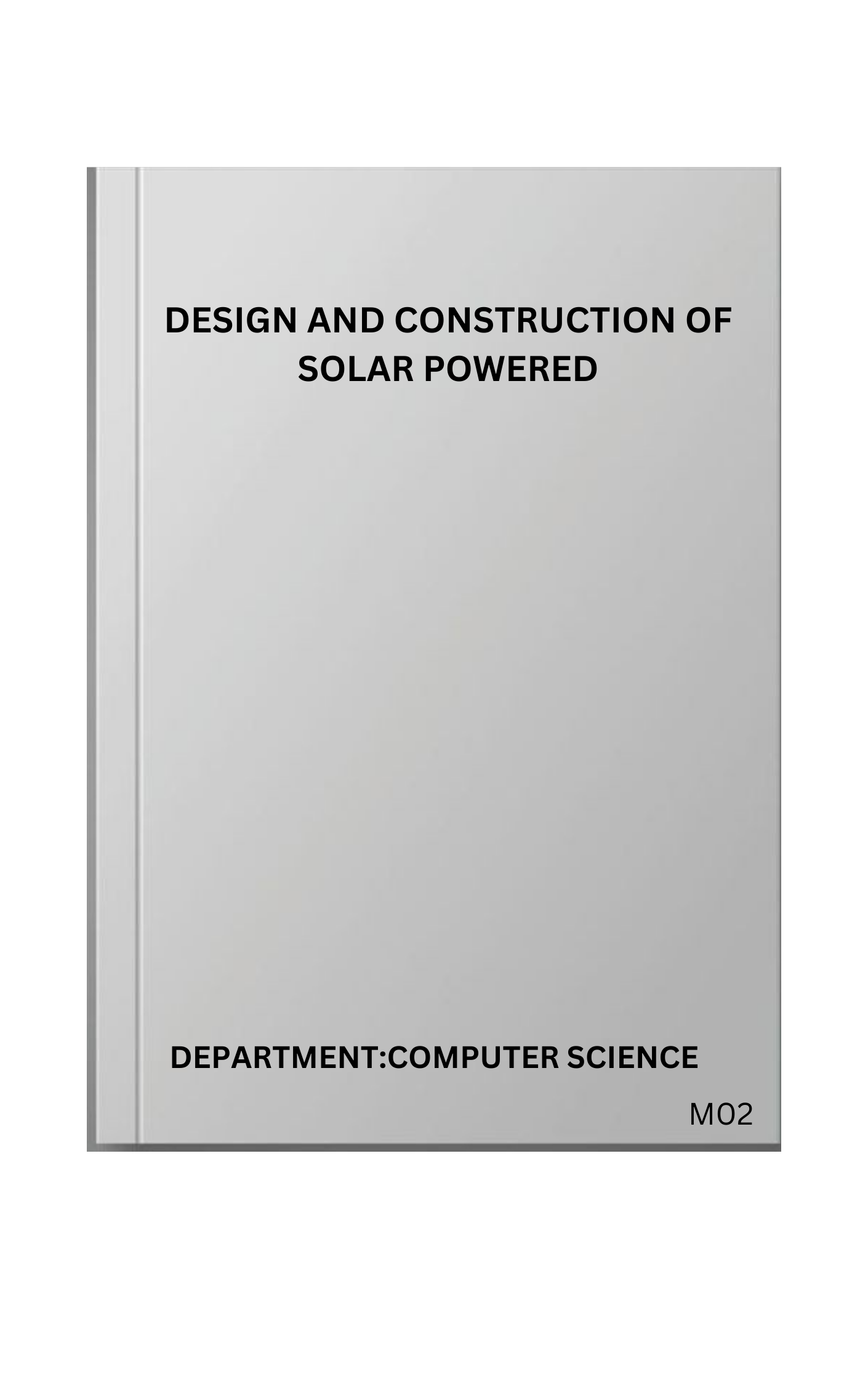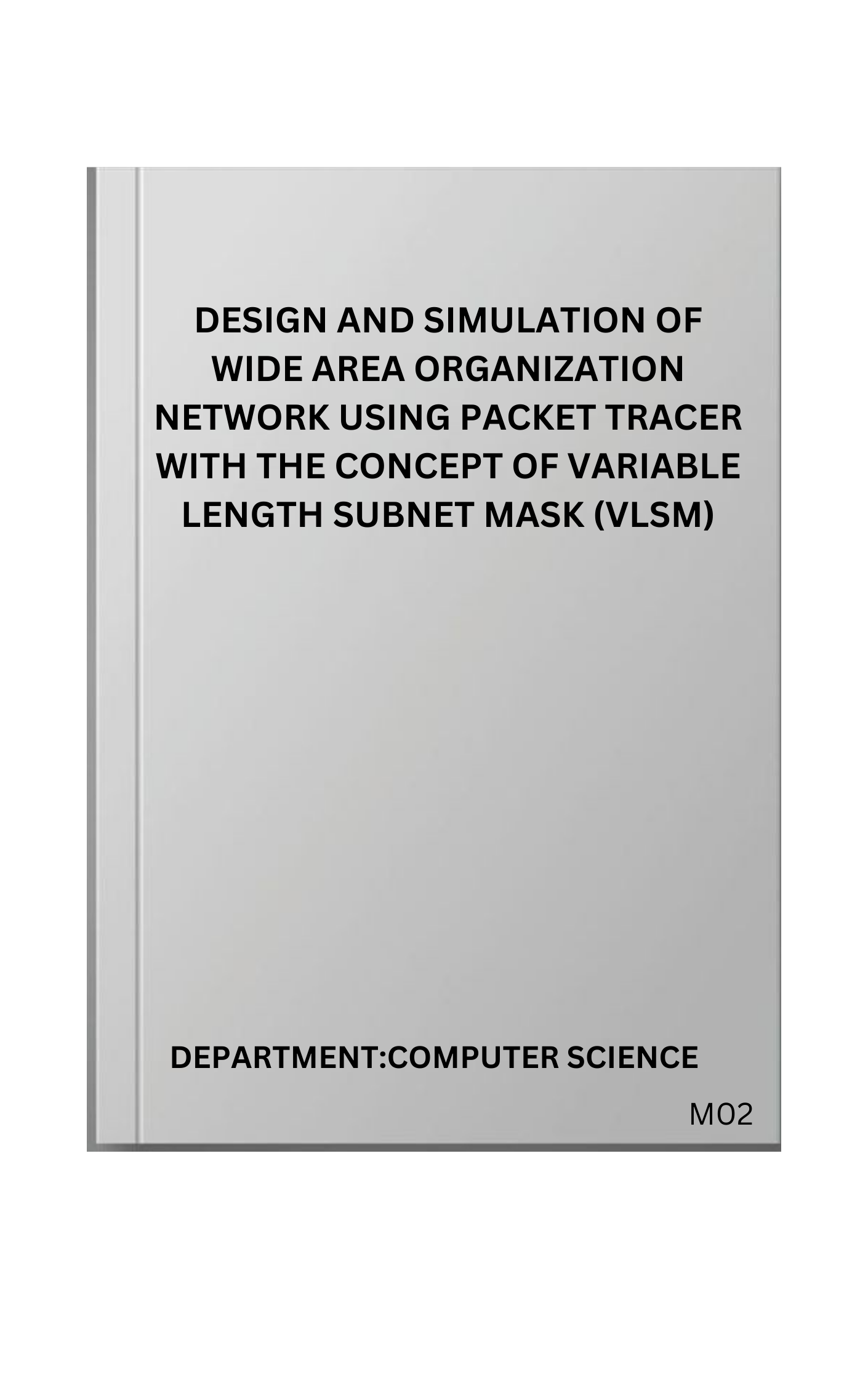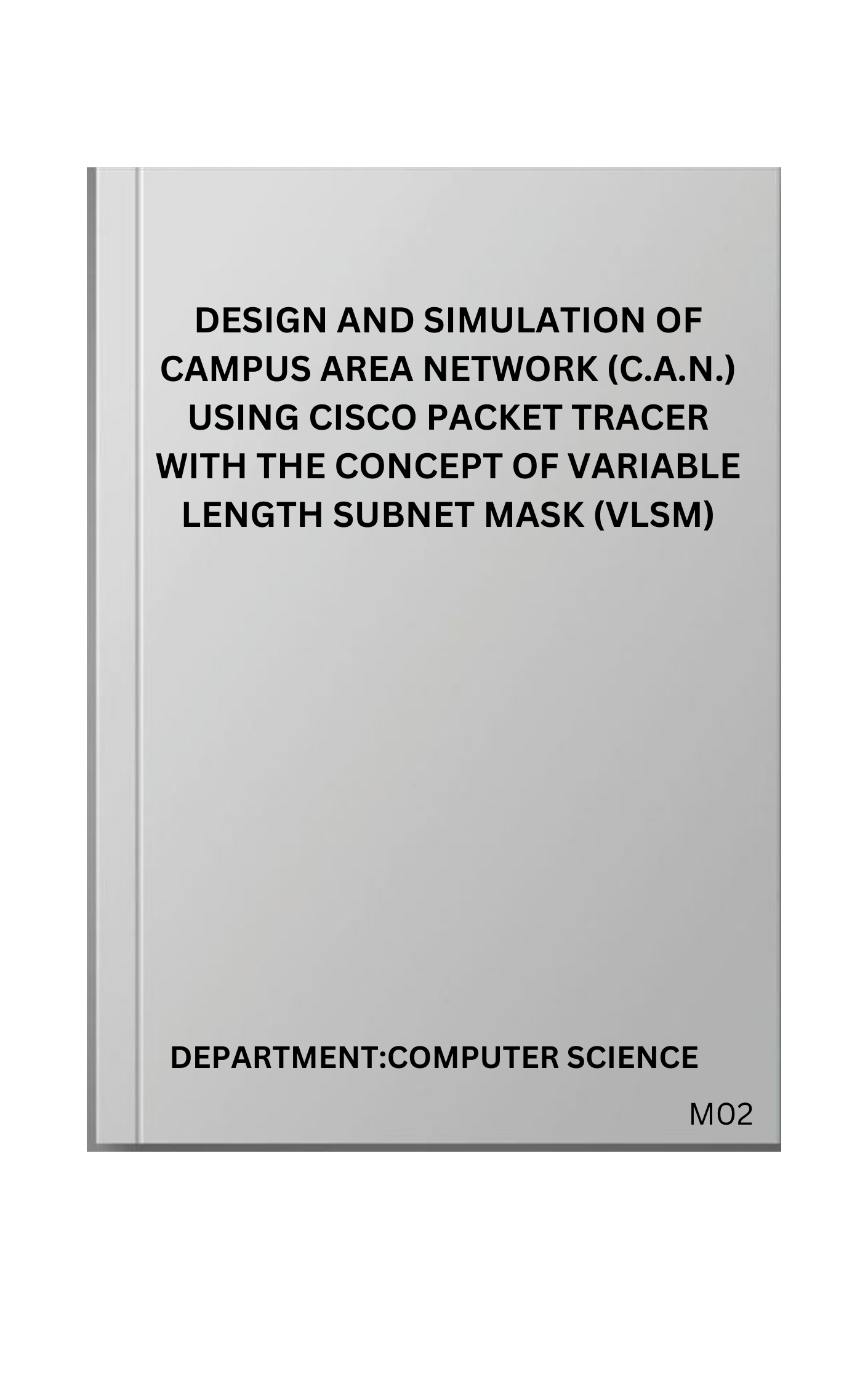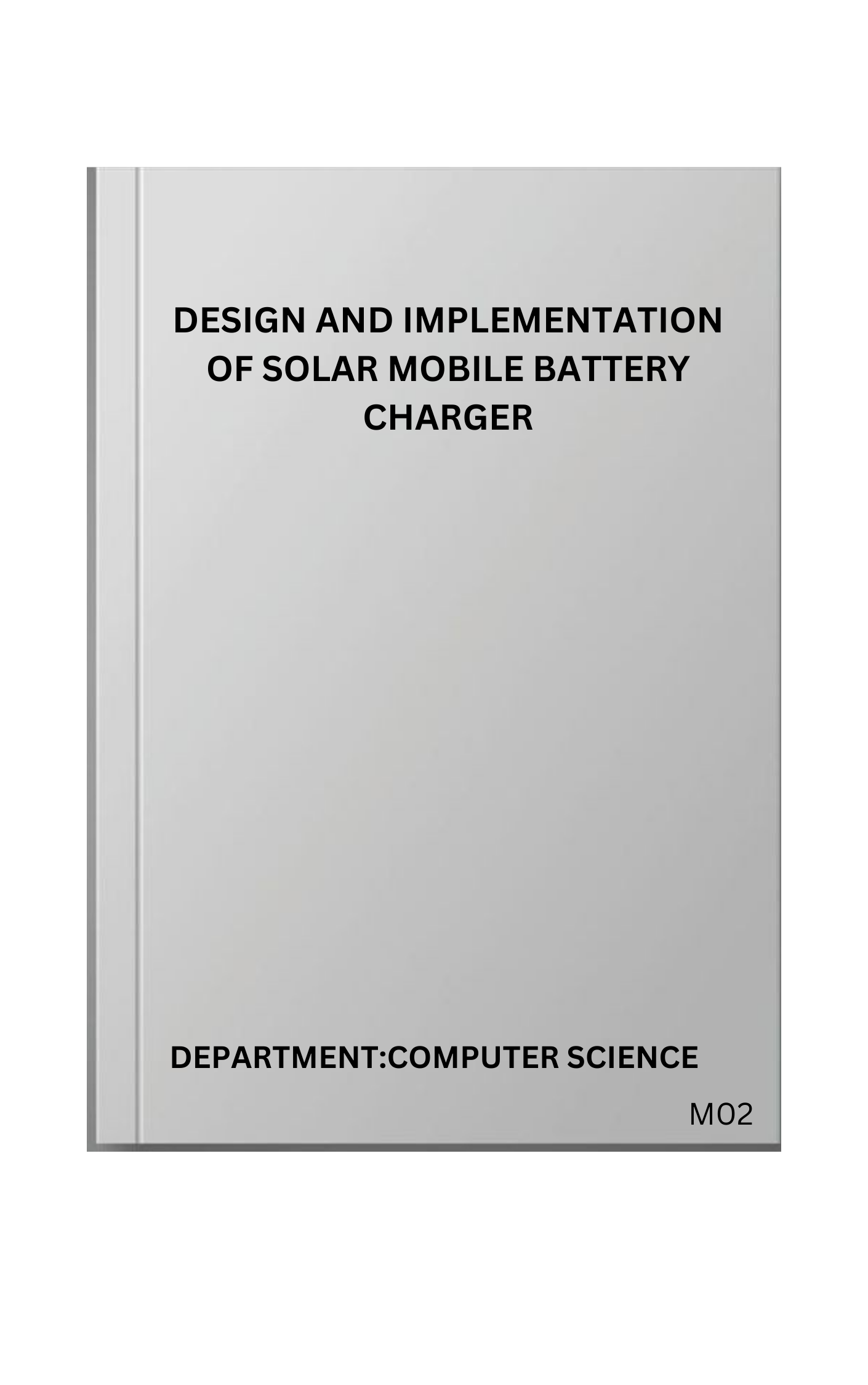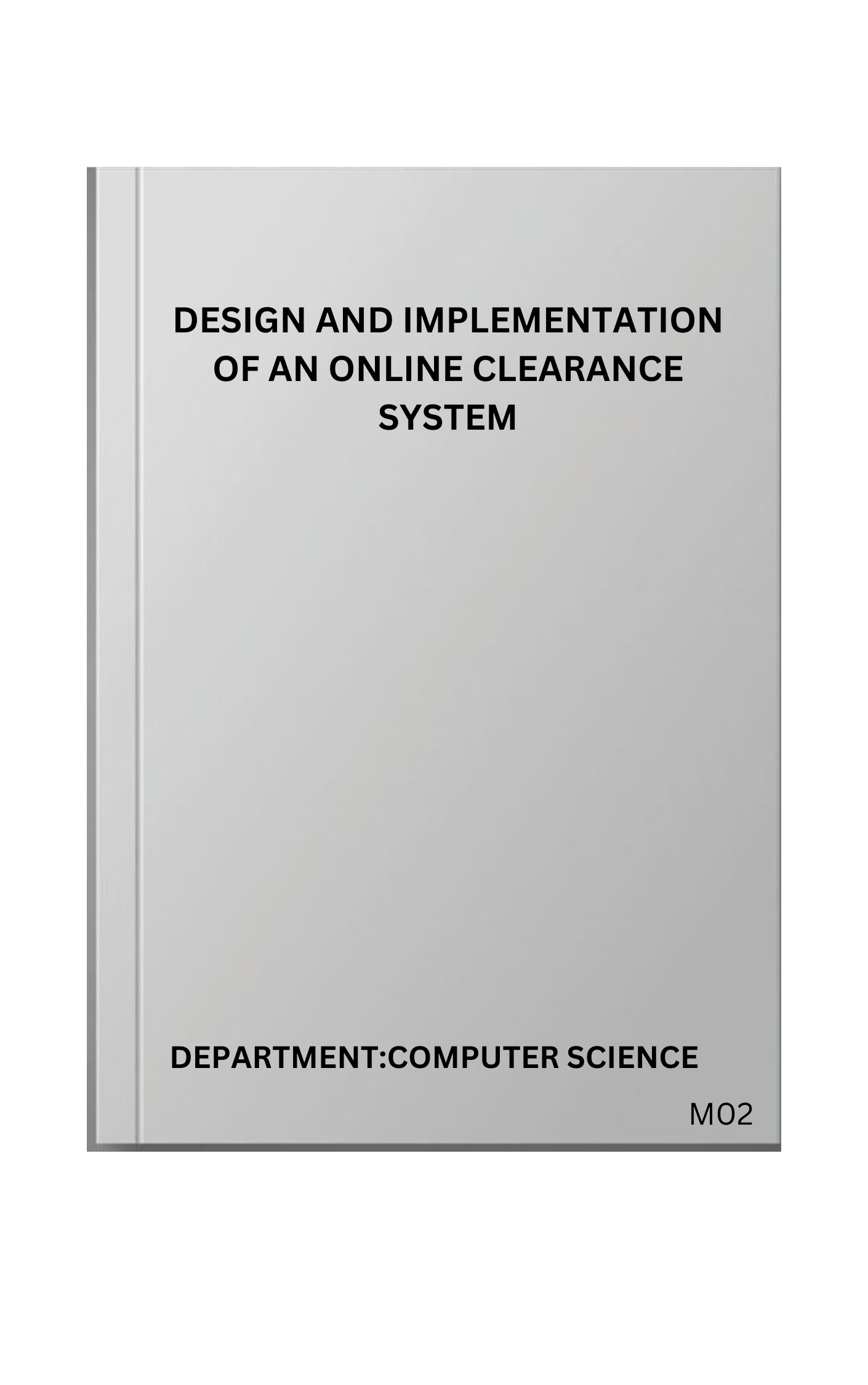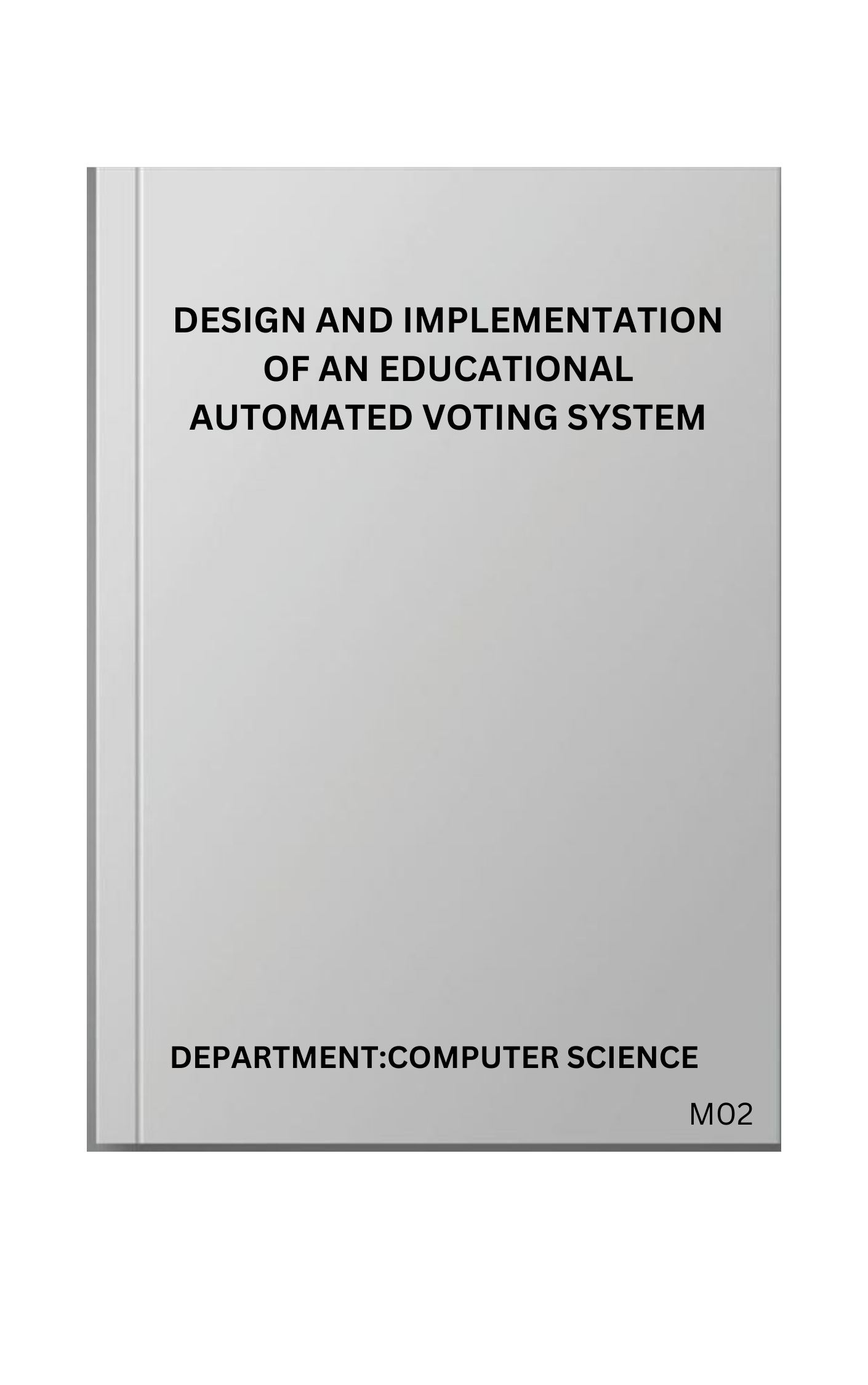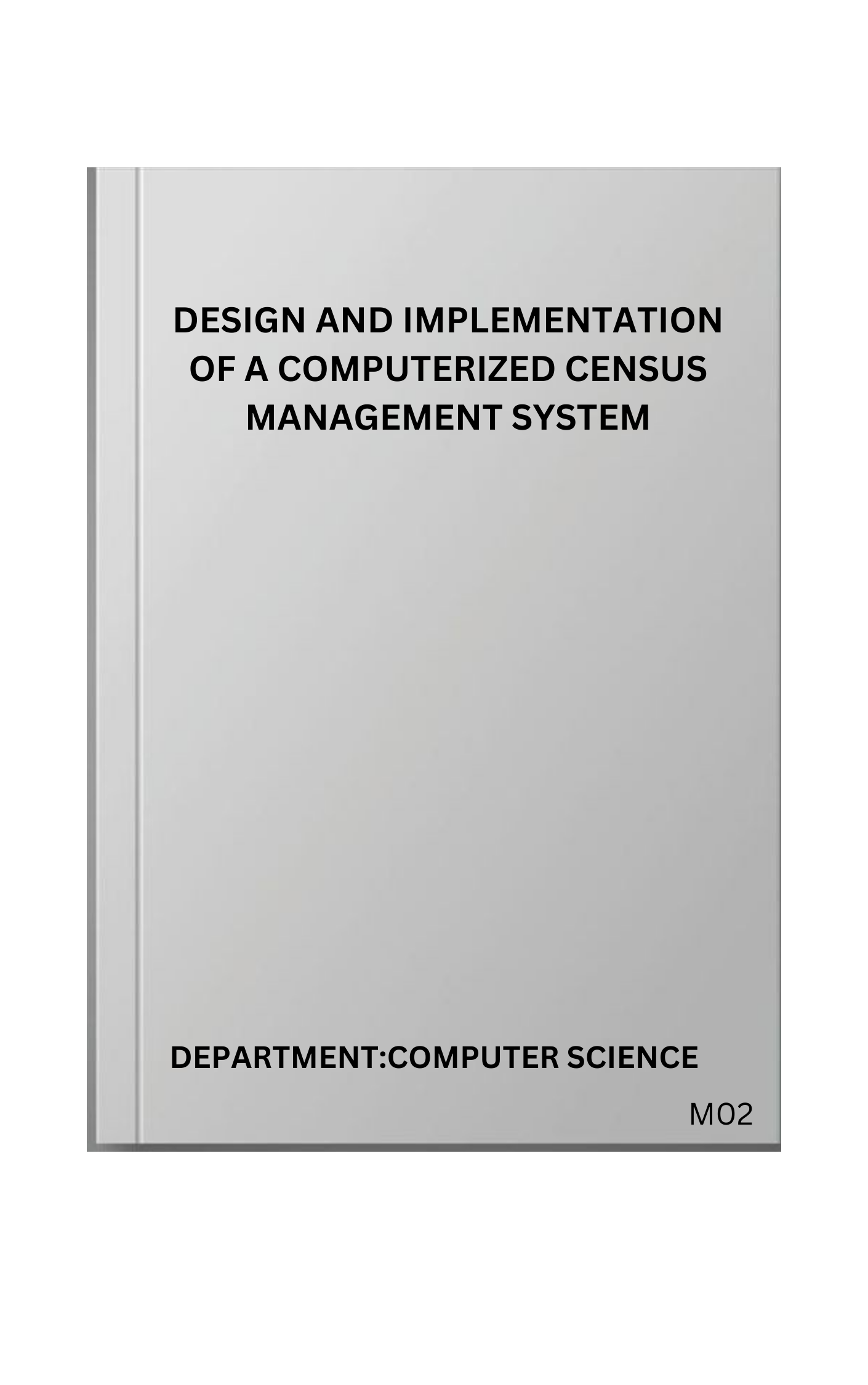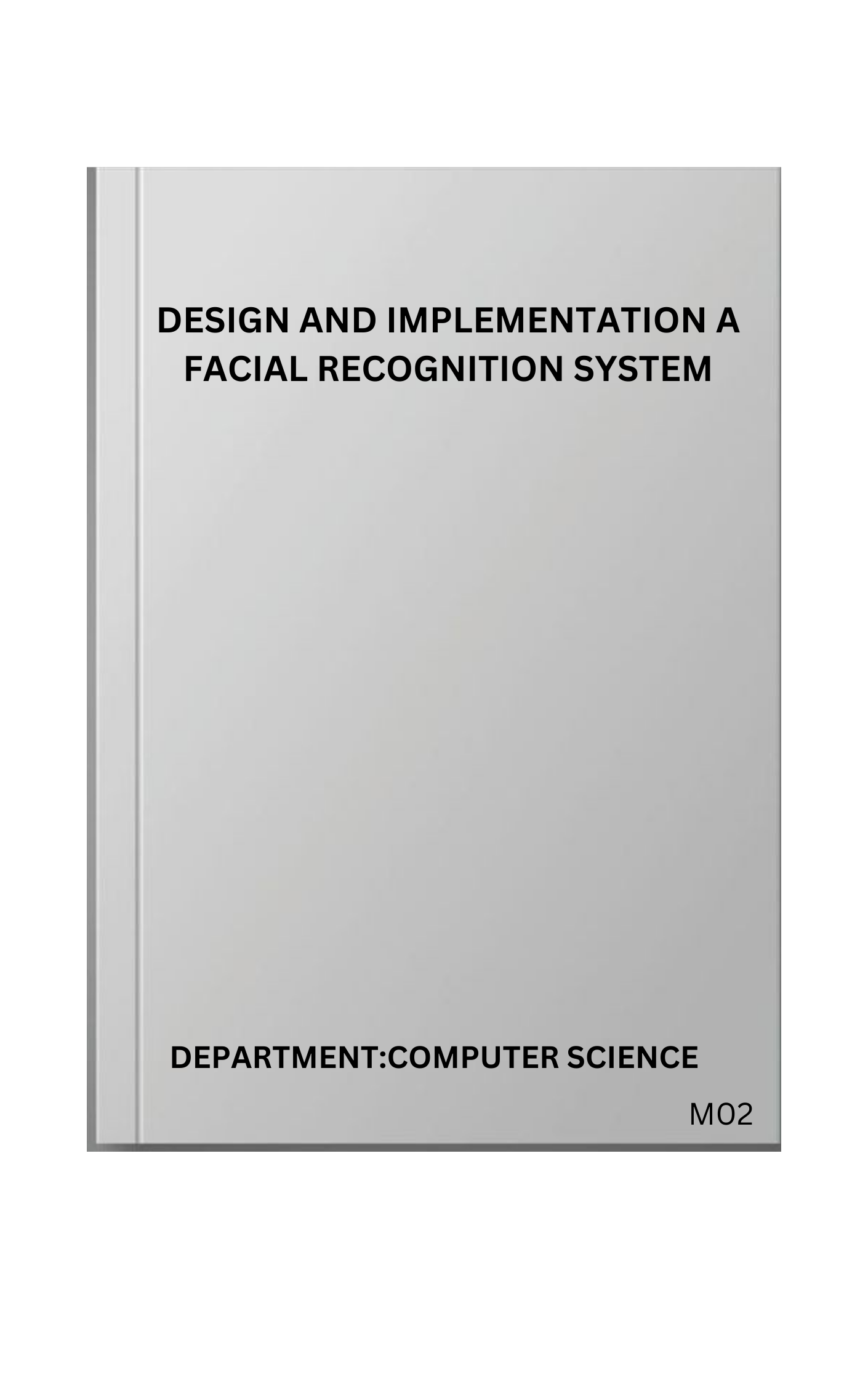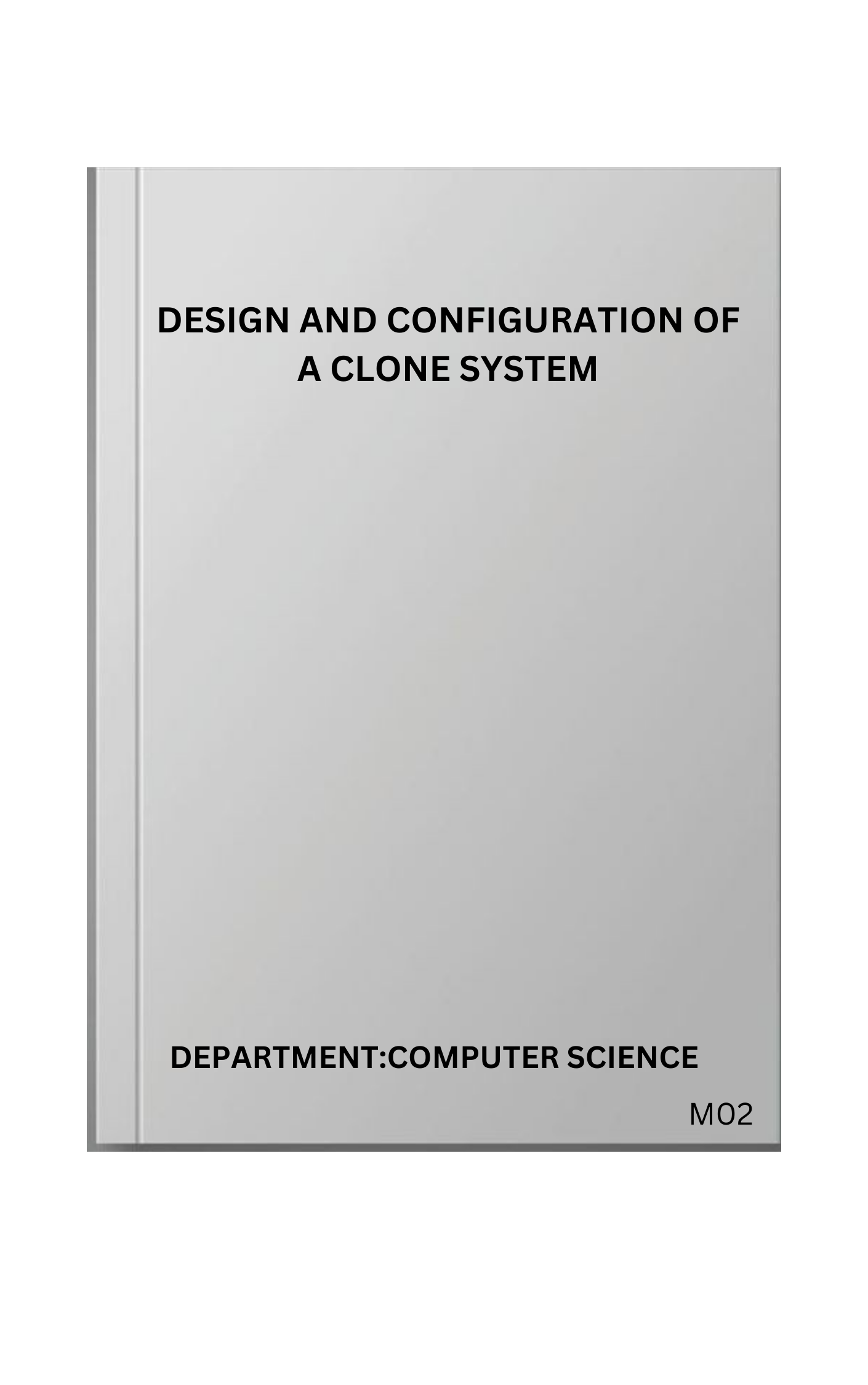CHAPTER ONE
INTRODUCTION
1.1 BACKGROUND OF NIGERIA OIL INDUSTRY
The Nigerian oil industry stands as a pivotal cornerstone in the nation's economic landscape, shaping its trajectory from colonial dependency to post-independence economic powerhouse. Spanning over six decades, the industry's evolution reflects a complex interplay of geopolitical, economic, and socio-cultural factors. This narrative delves into the multifaceted history of Nigeria's oil sector, tracing its roots from the discovery of oil in the Niger Delta to its current status as a key player in the global energy market.
DISCOVERY AND EARLY EXPLOITATION
The journey of Nigeria's oil industry commenced in 1956 when oil was struck in commercial quantities in Oloibiri, a serene village nestled within the Niger Delta region. This landmark discovery ushered in an era of economic optimism, propelling Nigeria onto the global stage as an emerging oil-producing nation. Bolstered by rising demand and favorable market conditions, Nigeria swiftly ascended the ranks of oil-exporting countries, leveraging its newfound resource wealth to fuel rapid industrialization and infrastructural development.
BOOM PERIOD AND OPEC MEMBERSHIP
The 1970s witnessed the zenith of Nigeria's oil industry, characterized by a surge in oil prices and unprecedented revenue inflows. Buoyed by its accession to the Organization of the Petroleum Exporting Countries (OPEC) in 1971, Nigeria assumed a prominent role in shaping global oil policies and pricing mechanisms. Flush with petrodollars, the government embarked on ambitious nation-building initiatives, investing heavily in social welfare programs, education, and healthcare. However, this period of prosperity was marred by systemic corruption, institutional inefficiencies, and environmental degradation, laying bare the inherent vulnerabilities of Nigeria's oil-dependent economy.
CHALLENGES AND CONTROVERSIES
Despite its immense potential, the Nigerian oil industry has grappled with a myriad of challenges and controversies throughout its evolution. The Niger Delta, the epicenter of Nigeria's oil production, has borne the brunt of environmental degradation and socio-economic marginalization, sparking tensions and unrest among local communities. Moreover, endemic corruption and rent-seeking behavior within the industry have stymied efforts to promote transparency, accountability, and equitable resource allocation. The infamous phenomenon of "oil bunkering" and pipeline vandalism has emerged as a lucrative yet illicit enterprise, siphoning billions of dollars from the national coffers and undermining the rule of law.
REGULATORY FRAMEWORK AND LOCAL CONTENT DEVELOPMENT
In response to mounting pressure, successive Nigerian governments have instituted various regulatory frameworks to govern the oil industry and address systemic deficiencies. The establishment of regulatory agencies such as the Department of Petroleum Resources (DPR) and the Nigerian National Petroleum Corporation (NNPC) signaled a commitment to enhancing oversight, promoting indigenous participation, and attracting foreign investment. Concurrently, initiatives aimed at fostering local content development have gained traction, empowering indigenous companies to play a more significant role in the upstream and downstream segments of the industry. By prioritizing local capacity building, technology transfer, and skills acquisition, Nigeria seeks to unlock the full potential of its oil and gas reserves while fostering sustainable development and inclusive growth.
The Nigerian oil industry stands at a critical juncture in its storied history, poised to chart a new course towards prosperity, resilience, and sustainability. As the global energy landscape undergoes tectonic shifts, Nigeria must adapt to emerging challenges and seize opportunities for innovation, diversification, and value addition. By fostering greater collaboration between government, industry stakeholders, and local communities, Nigeria can harness the transformative power of its oil wealth to build a more inclusive, equitable, and prosperous society for future generations.
Refineries play a crucial role in the oil sector, serving as vital components of the downstream segment of the industry. Their importance stems from several key factors:
i.Value Addition: Refineries are essential for converting crude oil, which is extracted from the ground, into various refined products such as gasoline, diesel, jet fuel, and petrochemical feedstocks. Through sophisticated refining processes, crude oil is transformed into higher-value products that meet the diverse energy needs of consumers and industries.
ii.Supply Chain Integration: Refineries are integral components of the oil supply chain, linking upstream production activities (exploration and extraction) with downstream distribution and marketing operations. By refining crude oil into marketable products, refineries facilitate the seamless flow of energy resources from production hubs to end-users, ensuring energy security and reliability.
iii.Economic Contribution: Refineries make significant contributions to national and global economies by generating employment, fostering industrial growth, and driving economic development. The construction, operation, and maintenance of refineries create jobs across a spectrum of industries, ranging from engineering and construction to manufacturing and logistics. Moreover, refineries contribute to government revenues through taxes, royalties, and export earnings, bolstering fiscal sustainability and socio-economic progress.
iv.Energy Independence: Refineries play a crucial role in enhancing energy independence and security by reducing reliance on imported refined products. Countries with robust refining capacities can meet a substantial portion of their domestic demand for gasoline, diesel, and other petroleum products locally, thereby mitigating exposure to geopolitical risks, supply disruptions, and price volatility in the global oil market.
v.Diversification of Products: Refineries enable the diversification of petroleum products, allowing for the production of a wide range of fuels and petrochemicals tailored to specific market demands. Beyond traditional fuels like gasoline and diesel, refineries produce specialty products such as aviation fuel, lubricants, solvents, and asphalt, catering to the evolving needs of consumers, industries, and transportation sectors.
vi.Technology and Innovation Hub: Refineries serve as hubs for technological innovation and process optimization, driving continuous improvements in efficiency, environmental performance, and product quality. Advances in refining technologies, such as catalytic cracking, hydroprocessing, and distillation, have enabled refineries to maximize yield, minimize waste, and comply with stringent regulatory standards for air quality and emissions control.
vii.Environmental Impact: While refineries are essential for meeting energy demand, they also pose environmental challenges due to their emissions of greenhouse gases, air pollutants, and wastewater. As such, refineries are increasingly adopting cleaner technologies, investing in emissions abatement measures, and implementing sustainable practices to mitigate their environmental footprint and minimize adverse impacts on air and water quality.
In summary, refineries are indispensable components of the oil sector, serving as linchpins of the downstream value chain and enablers of economic growth, energy security, and technological innovation. Their strategic importance underscores the need for sustained investment, regulatory oversight, and collaborative efforts to ensure their continued viability, resilience, and sustainability in an evolving energy landscape.
INTRODUCTION TO MODULAR REFINERIES
In recent years, the concept of modular refineries has emerged as a game-changer in the oil industry, offering a novel approach to refining crude oil that is both scalable and adaptable to diverse operating environments. Unlike conventional large-scale refineries, which require substantial capital investment and extensive infrastructure, modular refineries are compact, prefabricated facilities that can be rapidly deployed and easily configured to match specific production requirements. This introduction provides an overview of modular refineries, highlighting their key features, benefits, and implications for the oil sector.
DEFINITION AND CHARACTERISTICS
Modular refineries, also known as mini-refineries or small-scale refineries, are compact processing plants designed to refine crude oil into various petroleum products on a smaller scale compared to traditional refineries. These facilities typically have a lower throughput capacity, ranging from a few thousand to tens of thousands of barrels per day, making them well-suited for niche markets, remote locations, and resource-constrained environments. Modular refineries are characterized by their modular construction, prefabricated components, and standardized designs, which facilitate rapid deployment, cost-effective operation, and simplified maintenance.
PAY TO GET COMPLETE PROJECT

